-webp.webp)
Life, Death, and Rebirth: Did Ancient Egyptians Believe in Reincarnation?
Ancient Egypt is one of the great enigmas, captivating the interest of historians and travelers alike; one question continues to stir: Did Ancient Egyptians believe in reincarnation? We cannot provide a simple yes or no answer to this question. Ancient Egyptian beliefs about the afterlife were complex and spiritual, tied into their intricate religious systems. From elaborate burial rituals to their interpretation of the soul journey after death, Egyptian culture holds profound insight into life and death cycles. We will explore this fascinating topic further through this article, as well as their influence across time. Let’s step into ancient Egypt!
Overview of Ancient Egyptian Afterlife Beliefs
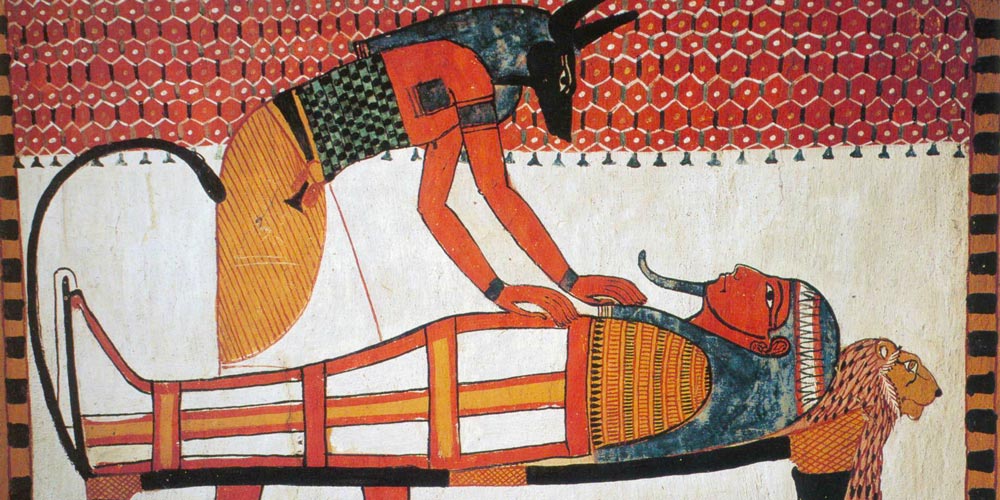
The Egyptians thought that death wasn’t the end of life, but the beginning of a journey into eternity. Egyptians had a very rich and detailed understanding of the afterlife. The Egyptian understanding of the afterlife incorporated complex spiritual concepts, rituals, and gods. The entire culture revolved around making sure that the dead were prepared for what was to come. Everyone hoped to live forever, not just the pharaohs.
Egyptians did not believe in the type of reincarnation that is common in Hinduism and Buddhism, in which souls are reborn in a new body. Their focus was instead on ensuring that the soul would survive in the afterlife. Their ideas about death, life, and renewal are like those of reincarnation. It is intriguing to wonder if they had their own unique beliefs about reincarnation.
The Importance of the Soul in Egyptian Religion
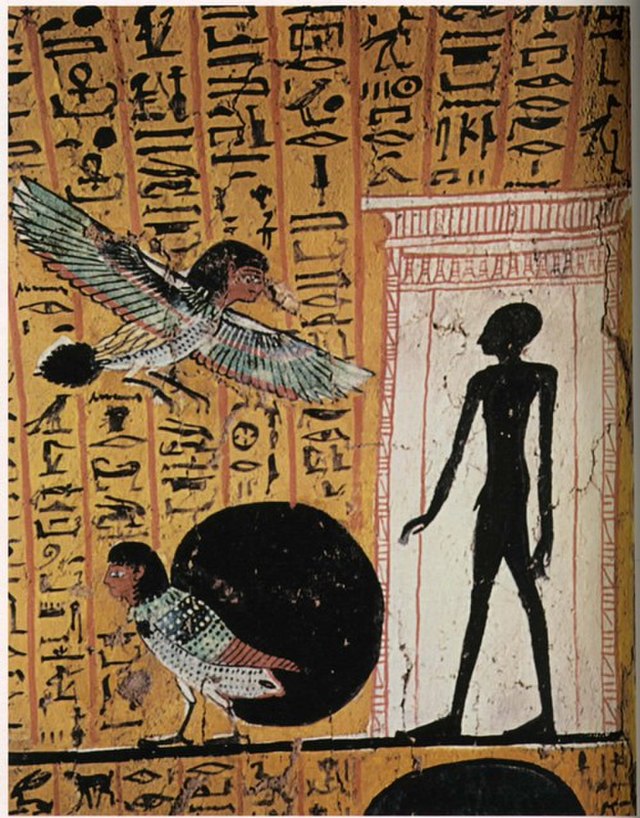
To understand did ancient Egyptians believed in reincarnation, we first need to explore their concept of the soul. Egyptians believed that the soul was multifaceted, and different parts played distinct roles on the journey to the afterlife. The Ba and Ka were the two main parts of the Soul.
- Ba: The Ba is the personality or unique essence of a person. It could travel between the living world and the afterlife.
- Ka: Ka is the vital force of the dead body that needs to be fed by offerings.
These two elements allowed the soul’s existence to continue after death. However, preserving the mummified body was the only way to make this possible. The Egyptians believed in continuing life even after death.
The concept of reincarnation in ancient Egypt
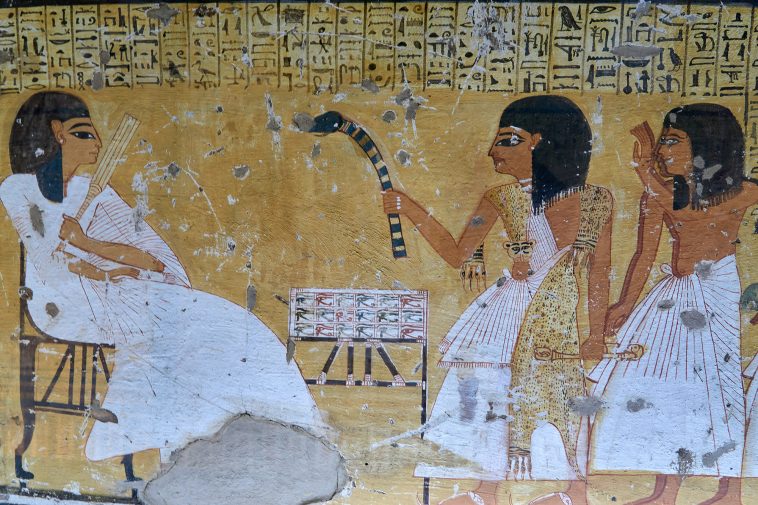
The idea of reincarnation, as we understand it today, is the belief that after death, the soul is reborn in a new body. While ancient Egyptians didn’t hold this belief in the same sense, there are parallels in their concept of renewal and rebirth.
Defining Reincarnation Across Cultures
Most commonly, reincarnation is associated with Eastern religions, such as Hinduism and Buddhism. The soul is reborn in a new physical body based on karma. Egyptians believed in a perpetual cycle of death and birth within the same realm and afterlife. The Egyptians did not believe that the soul would return in a unique form to the physical realm, but they believed in eternal life after death.
They believe in the idea of spiritual rebirth, as seen in their belief that Osiris, the god of death, underwent resurrection after being killed and then resurrected again. While it is not reincarnation as we know it, Egyptian beliefs are centered on a renewal of life following death.
The Role of the Ba and Ka in the Afterlife
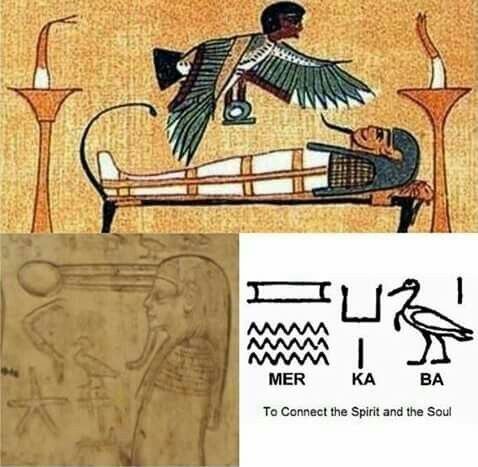
The Ba and Ka played a vital role in ensuring that a person survived in the afterlife. The Ba could leave the tomb and go into the world of the living. However, the Ka had to remain with the corpse. The Egyptians did this to preserve the bodies by mummification. The soul would not exist without a body in which to live.
Understanding the Soul’s Components in Egyptian Beliefs
Egyptians’ focus on keeping souls whole after death alludes to understanding continuity; perhaps not quite traditional reincarnation, but the belief that souls continue to exist after death in some other form; this cycle of death, burial, and eternal life parallels what other cultures might describe as spiritual rebirth.
The Journey to the Afterlife
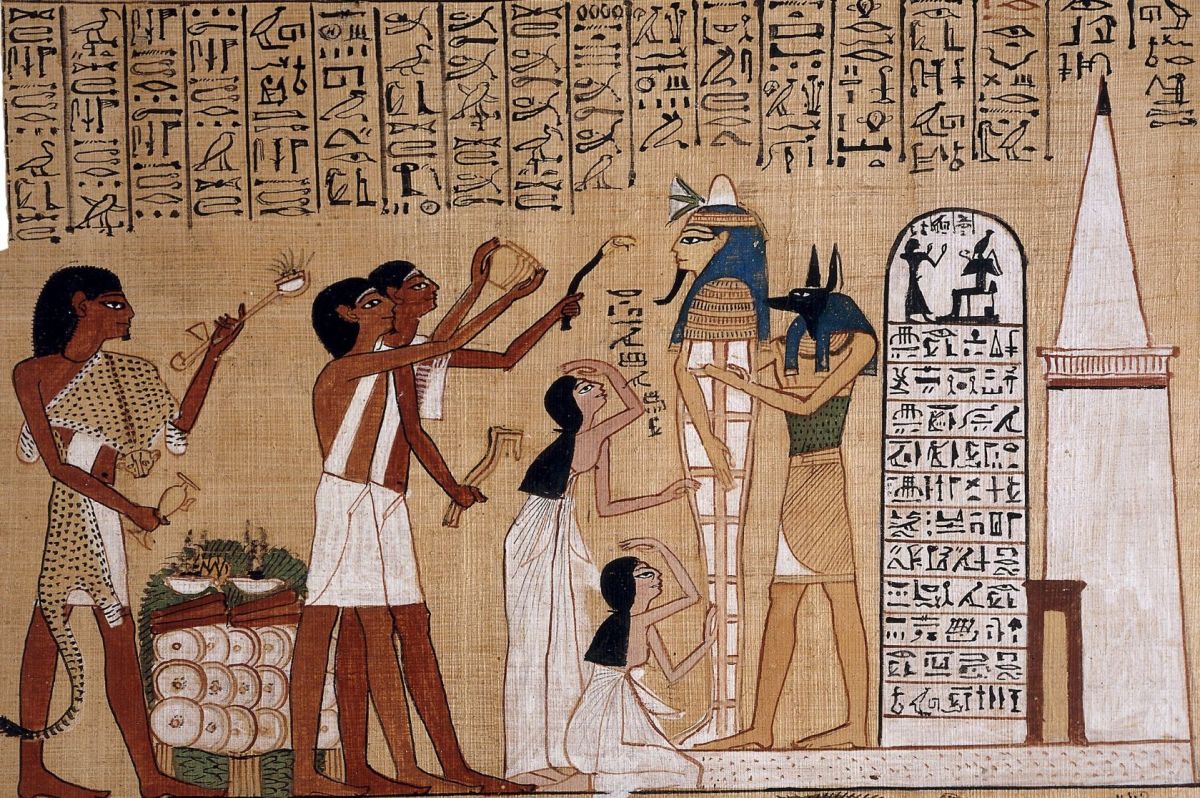
Egyptians viewed death as the start of an uncertain journey through life after death and relied on texts like the Book of the Dead. Which contained spells and prayers to assist the deceased through this afterlife journey.
The Role of the Book of the Dead
The Book of the Dead served as an Egyptian guidebook to aid souls after death on their journeys through life and death. With spells intended to aid those departed to avoid traps and monsters in the afterlife. Egyptians placed great importance on helping souls make this transition from death to eternal life; their rituals reveal this belief as another indicator that reincarnation existed but did not align with our understanding.
Osiris: God of the Dead and Rebirth
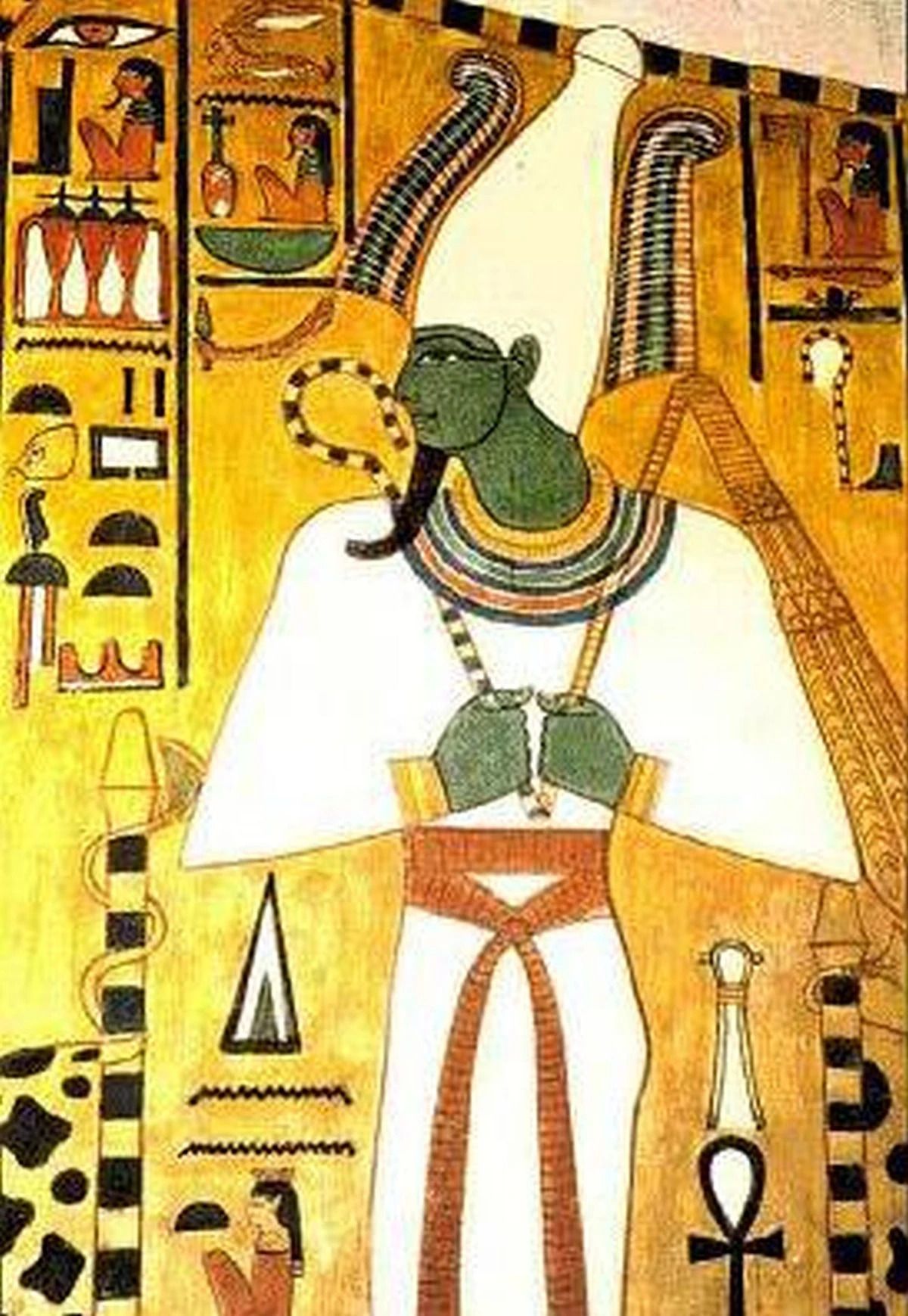
One of the most powerful symbols of rebirth in ancient Egyptian religion was Osiris, the god of the dead. Mythology states that Osiris’s brother Seth killed him, but his wife Isis revived him after death, making him a significant figure in Egyptian afterlife beliefs.
Osiris not only ruled the afterlife but also provided hope to those searching for eternal life. Rebirth was central to his myth, which may explain why Egyptians saw life after death as renewal similar to reincarnation.
Mummification: Preservation for the Afterlife
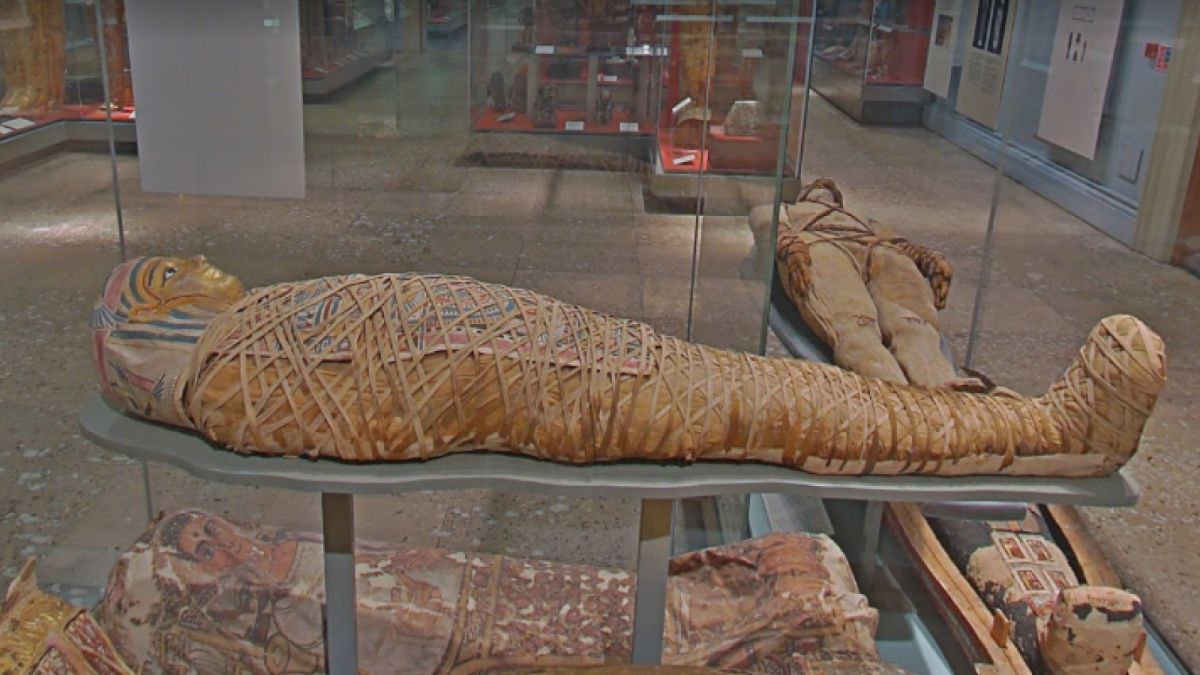
The ancient Egyptians believed that mummification was crucial for the journey to the afterlife. Egyptians believed that mummifying bodies allowed the Ka to return each night for restorative rest - without such preservation efforts, the Ka would be lost. This belief highlighted the Egyptians’ deep respect for souls even after death.
Reincarnation in the Pyramid Texts
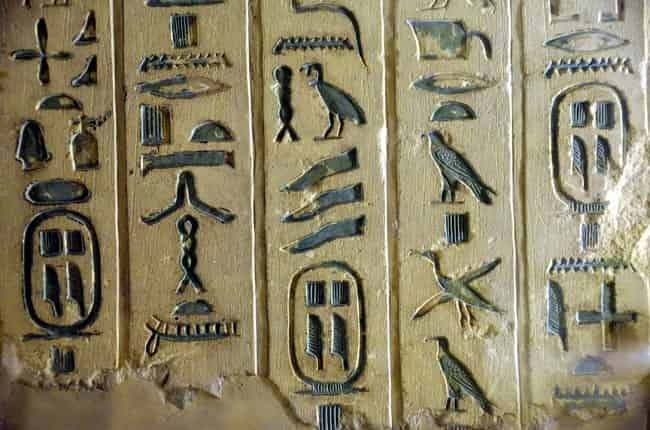
The Pyramid Texts are some of the oldest religious texts known to humanity and contain spells intended to ensure pharaohs a safe passage to the afterlife. Although these texts do not discuss reincarnation, they emphasize resurrection and eternal soul life.
Link Between Reincarnation and Pyramids
Ancient Egyptians constructed pyramids to facilitate pharaohs in their journey into the afterlife. That they constructed these massive structures with only this goal in mind is a testament to the Egyptian belief in some form of spiritual continuity. While not equivalent to reincarnation in its traditional sense, such a belief creates some curiosity about whether Egyptians envisioned some sort of soul returning or form.
The Cycle of Life, Death, and Rebirth
At the core of Egyptian belief lies understanding cycles—from that of nature’s daily cycle to that of life, death, and rebirth. Egyptians believed that death was another step in an eternal cycle and their soul would continue its journey into the afterlife.
The Sun God Ra and Daily Rebirth
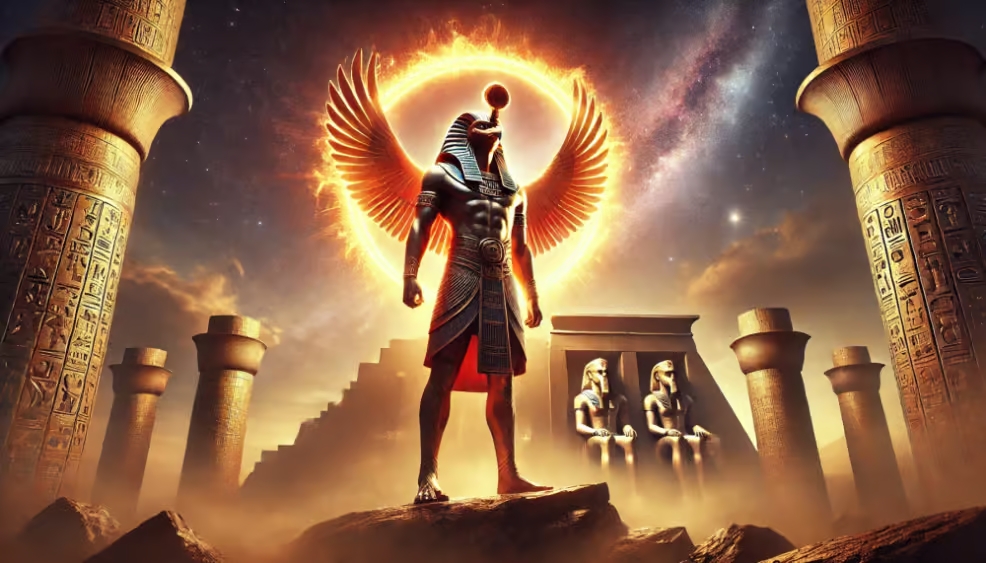
Ra, the Sun God, was a powerful symbol of daily rebirth. Every night, he traveled into the Underworld and rose again with dawn, representing life on Earth and in the afterlife. This daily cycle represented continuity within Egyptian belief systems: both life lived on Earth and that which continues beyond it.
Art and Architecture Reflecting Afterlife Beliefs
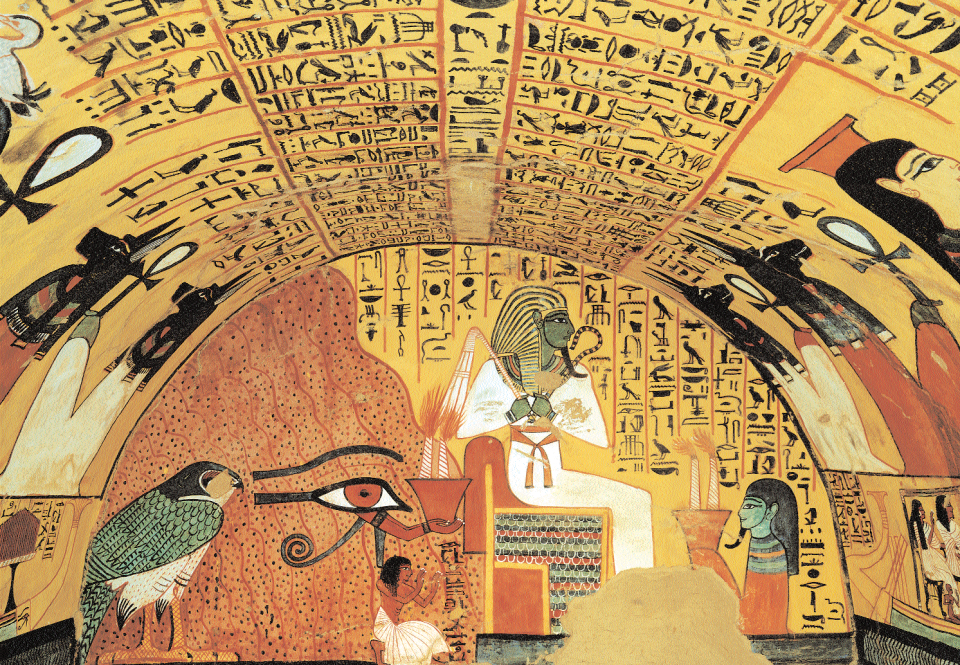
Egyptian art and architecture are rich with symbols of life, death, and rebirth - from grand pyramids to intricate tomb carvings - depicting lifecycle events such as birth, growth, and burial.
Tombs, Pyramids, and Their Connection to Eternal Life
Egypt built tombs and pyramids not as burial grounds, but as places for souls to continue their journey after death. The Egyptians built these structures to guarantee that those who had passed away could reincarnate into new lives in the afterlife.
Impact of Egyptian Afterlife Beliefs on Later Cultures
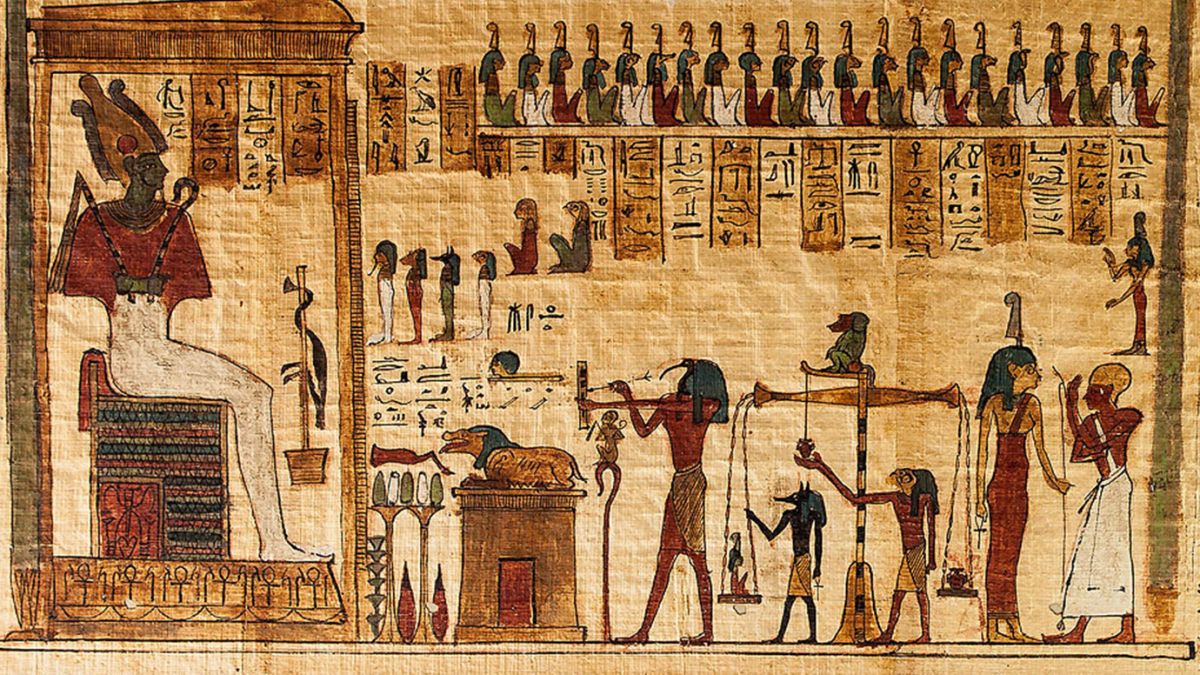
The Egyptians’ views on the afterlife influenced many other cultures, including the Greeks and early Christians. Their beliefs about eternal life and the soul’s journey after death have left a lasting mark on how later societies understand life, death, and spiritual rebirth.
Beliefs About Rebirth Through the Ages
As Egyptian civilization declined, their beliefs about life after death continued to shape later cultures’ conceptions of reincarnation and resurrection.
Conclusion
Did ancient Egyptians believe in reincarnation? While not following traditional beliefs about reincarnation, their views on the soul, afterlife, and life/death cycle bear a striking resemblance. Egyptians believed that the soul lived on after death, taking part in an eternal cycle of renewal; Respect Egypt Tours offers immersive trips that explore these fascinating beliefs first-hand! If you wish to discover these mysteries yourself, Ancient Site Tours provides immersive trips that allow visitors to witness these mysteries first-hand!
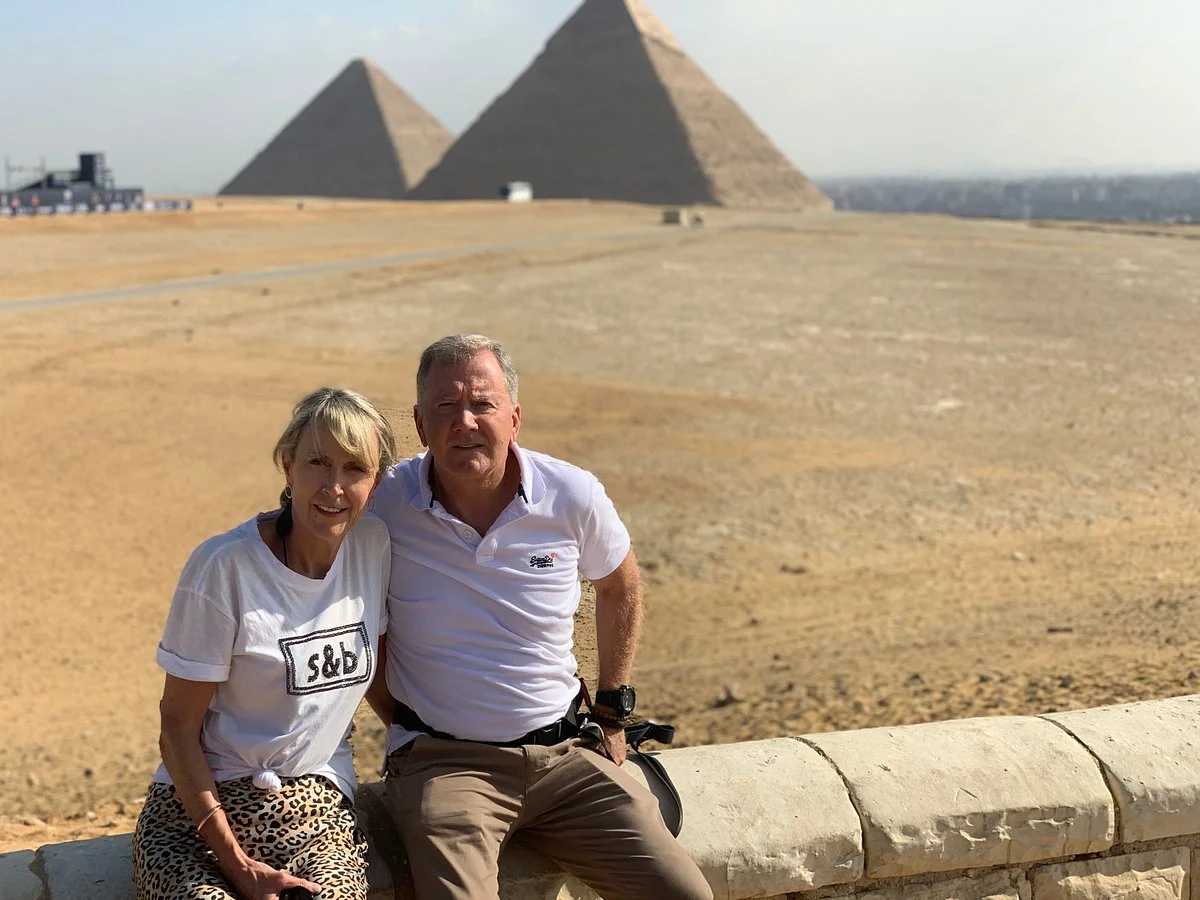
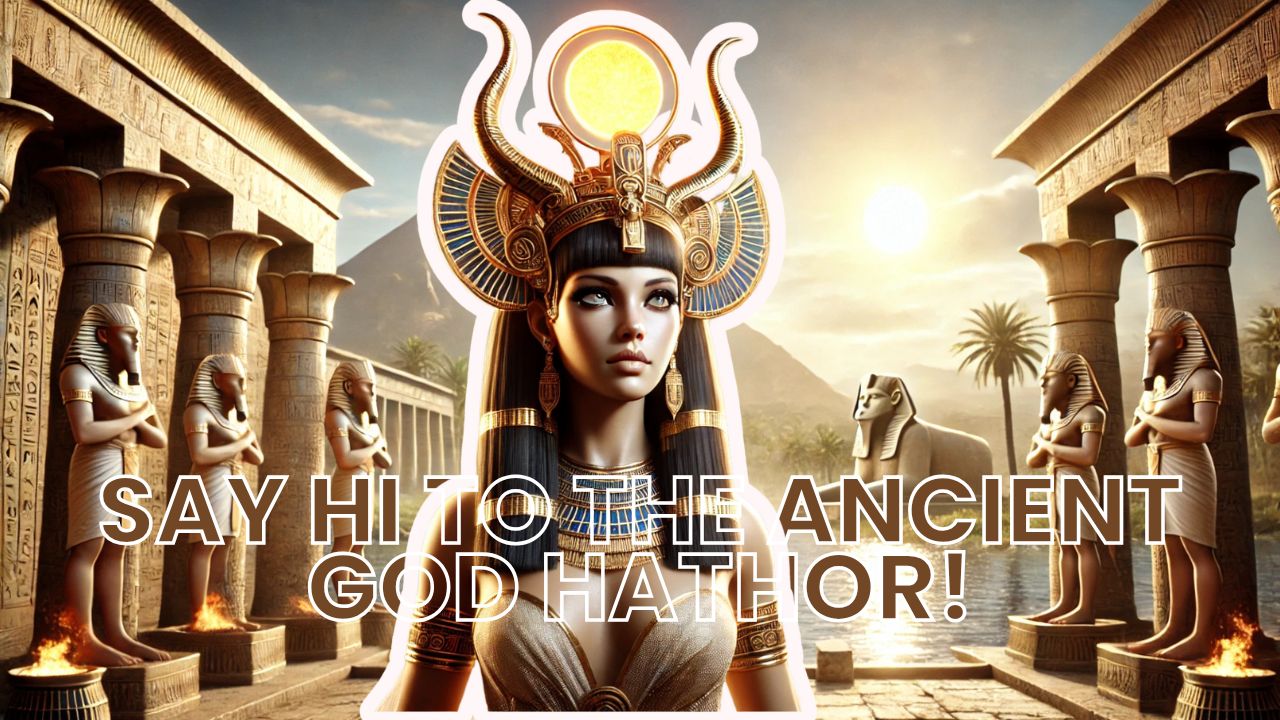





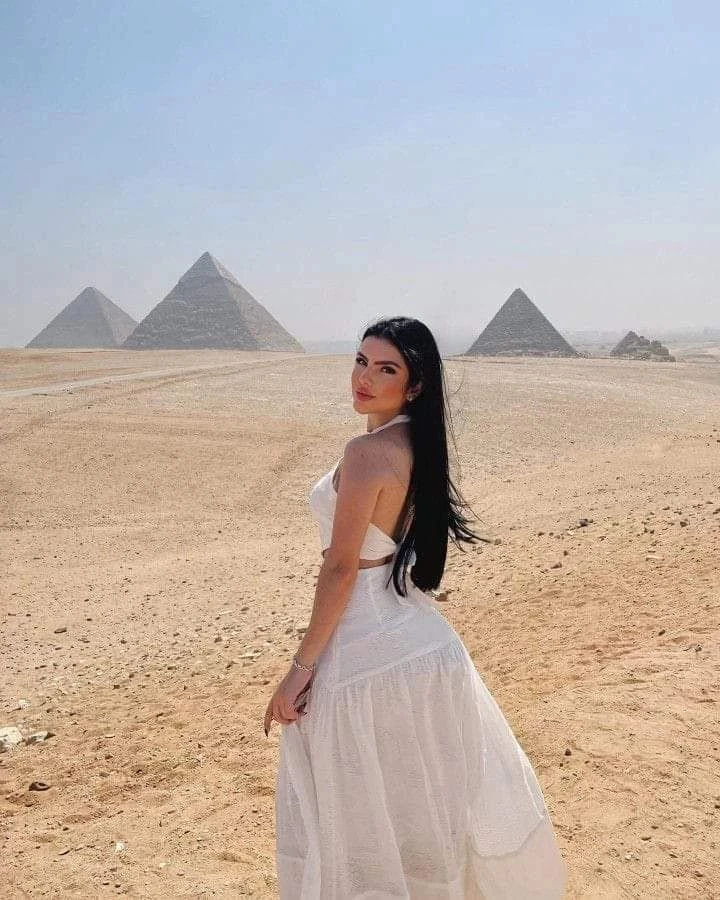
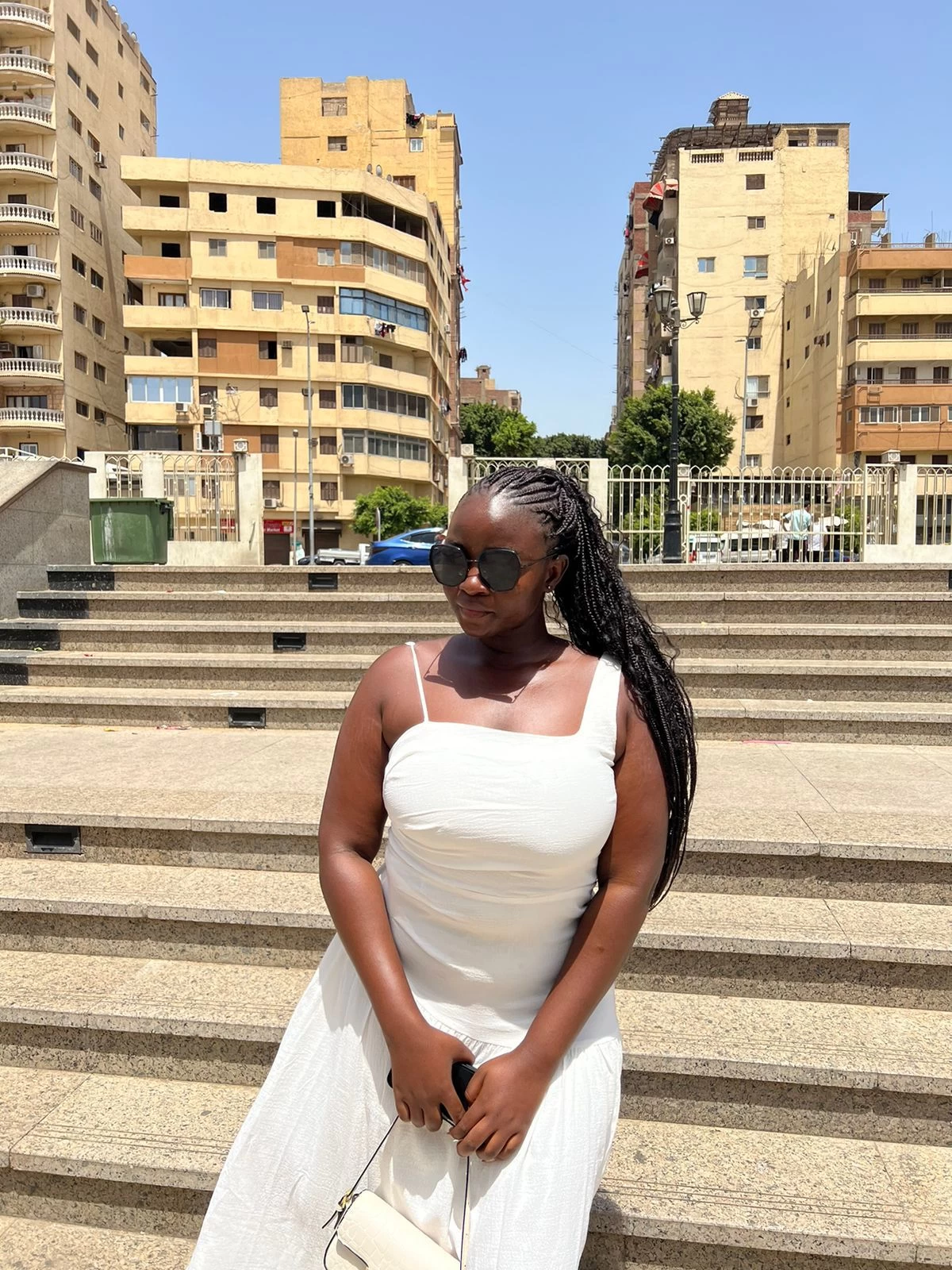
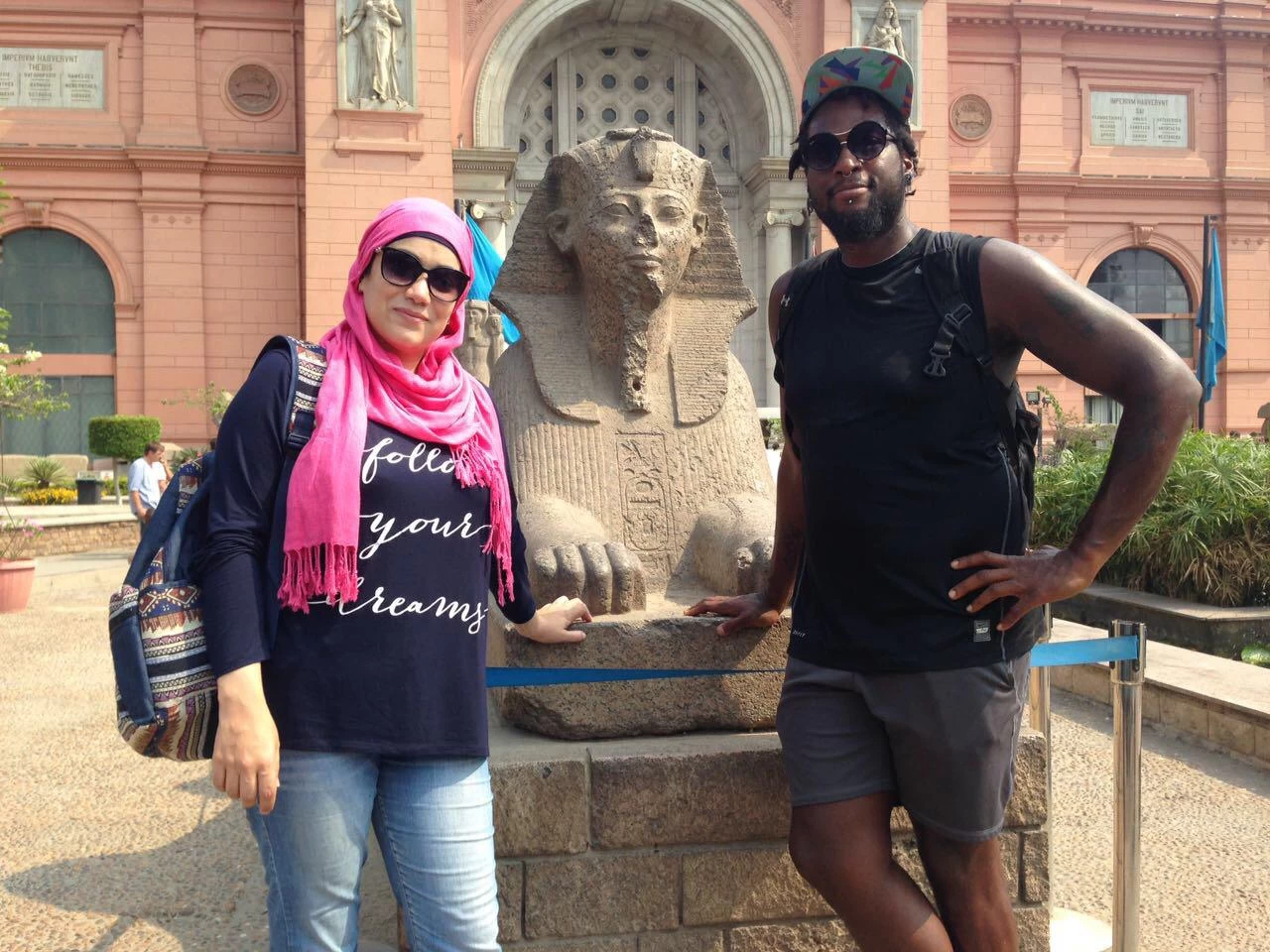
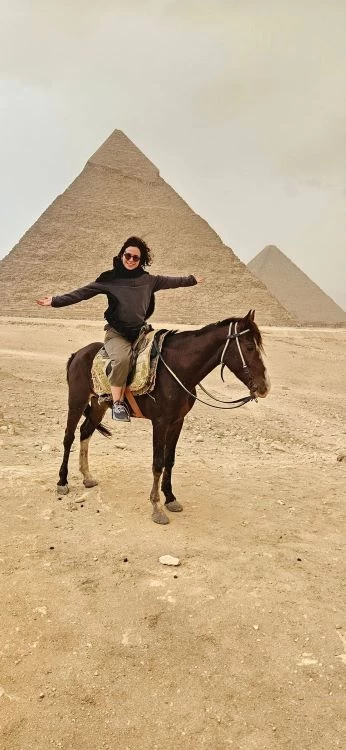
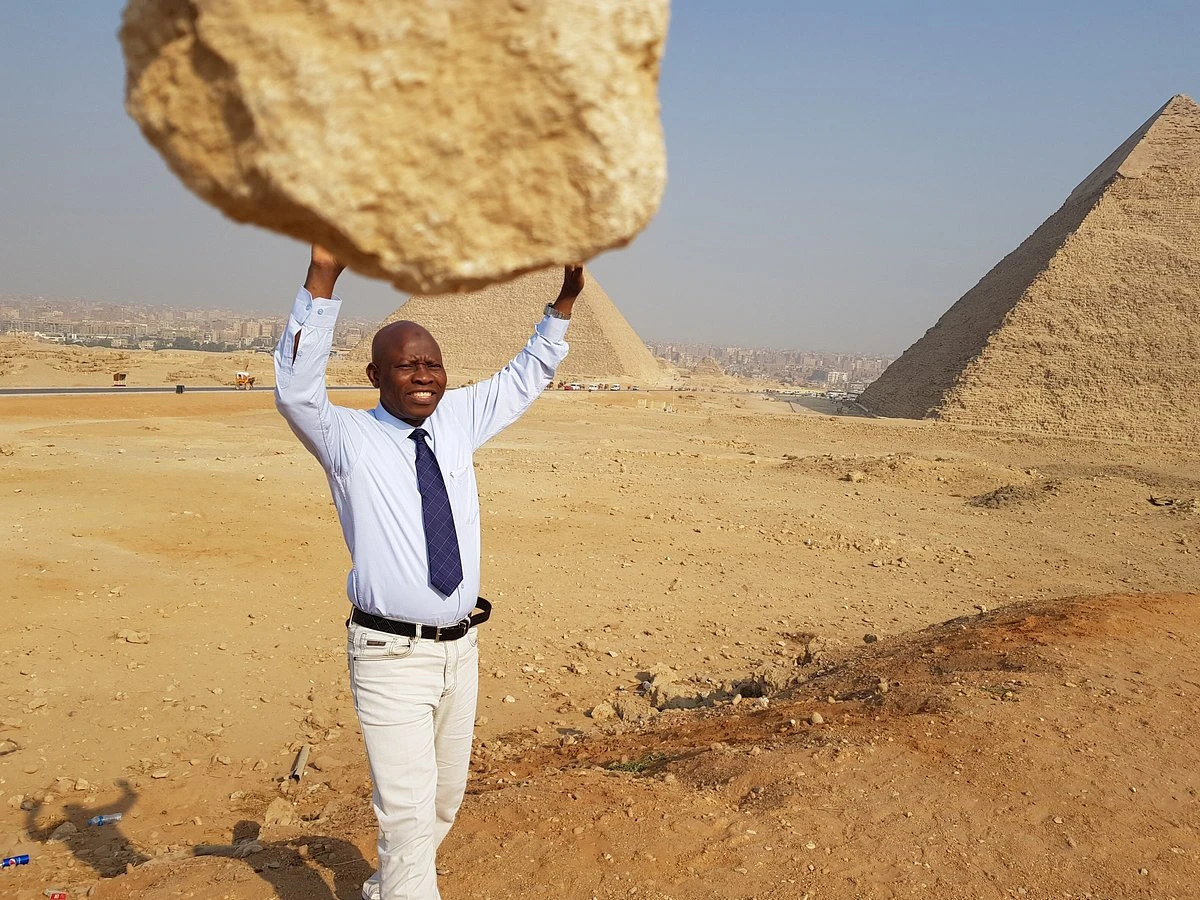
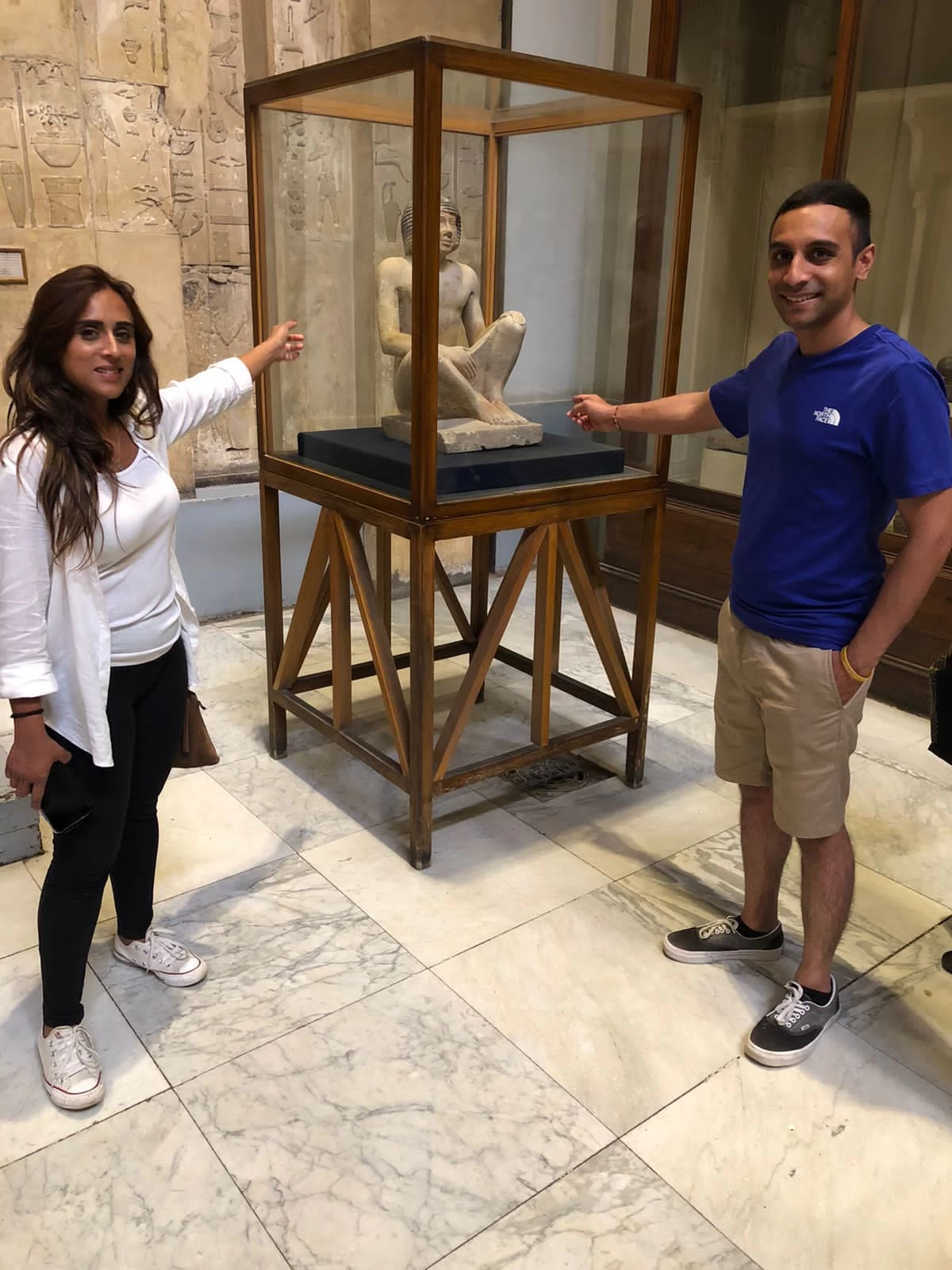
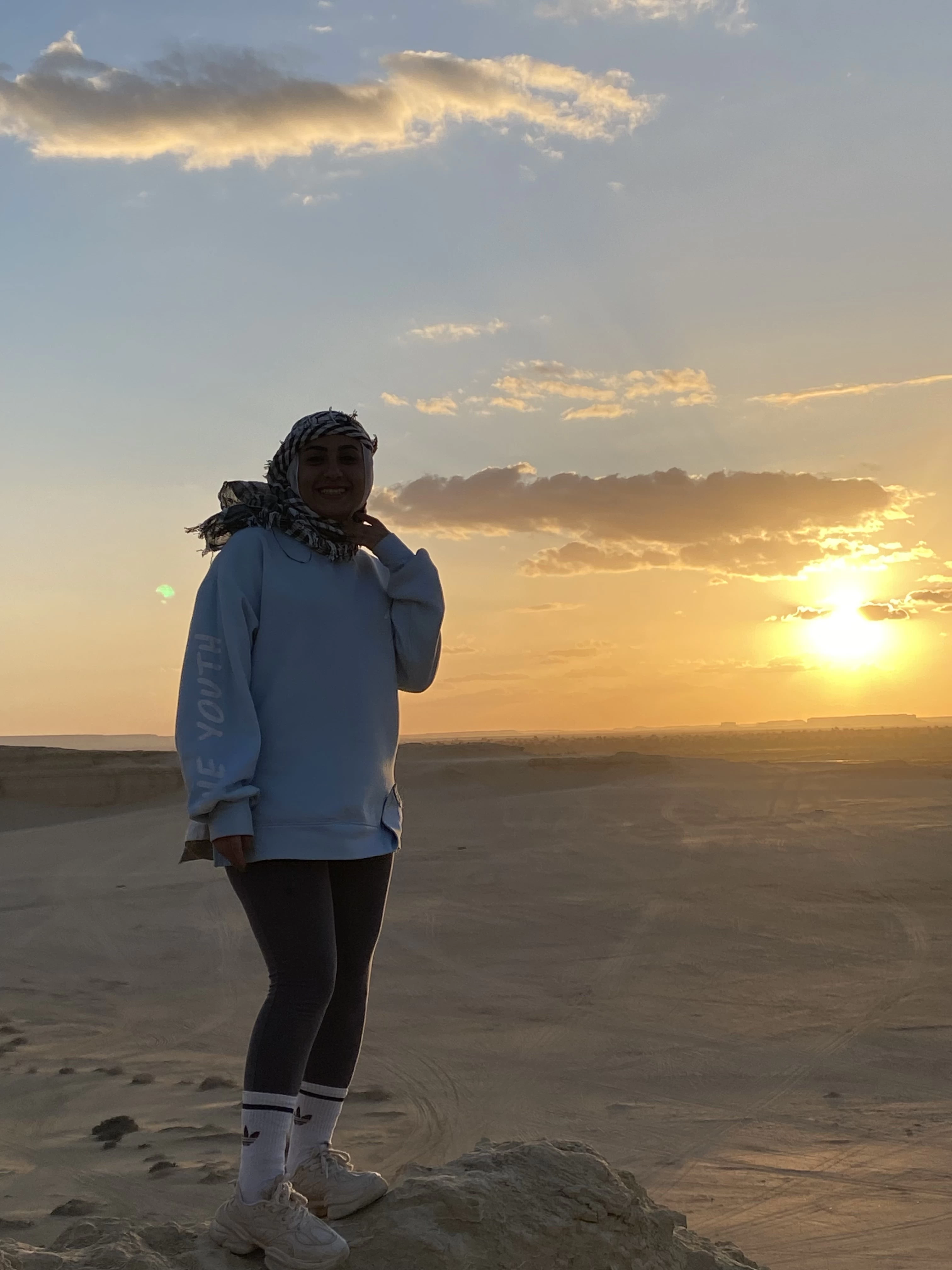
-webp.webp)
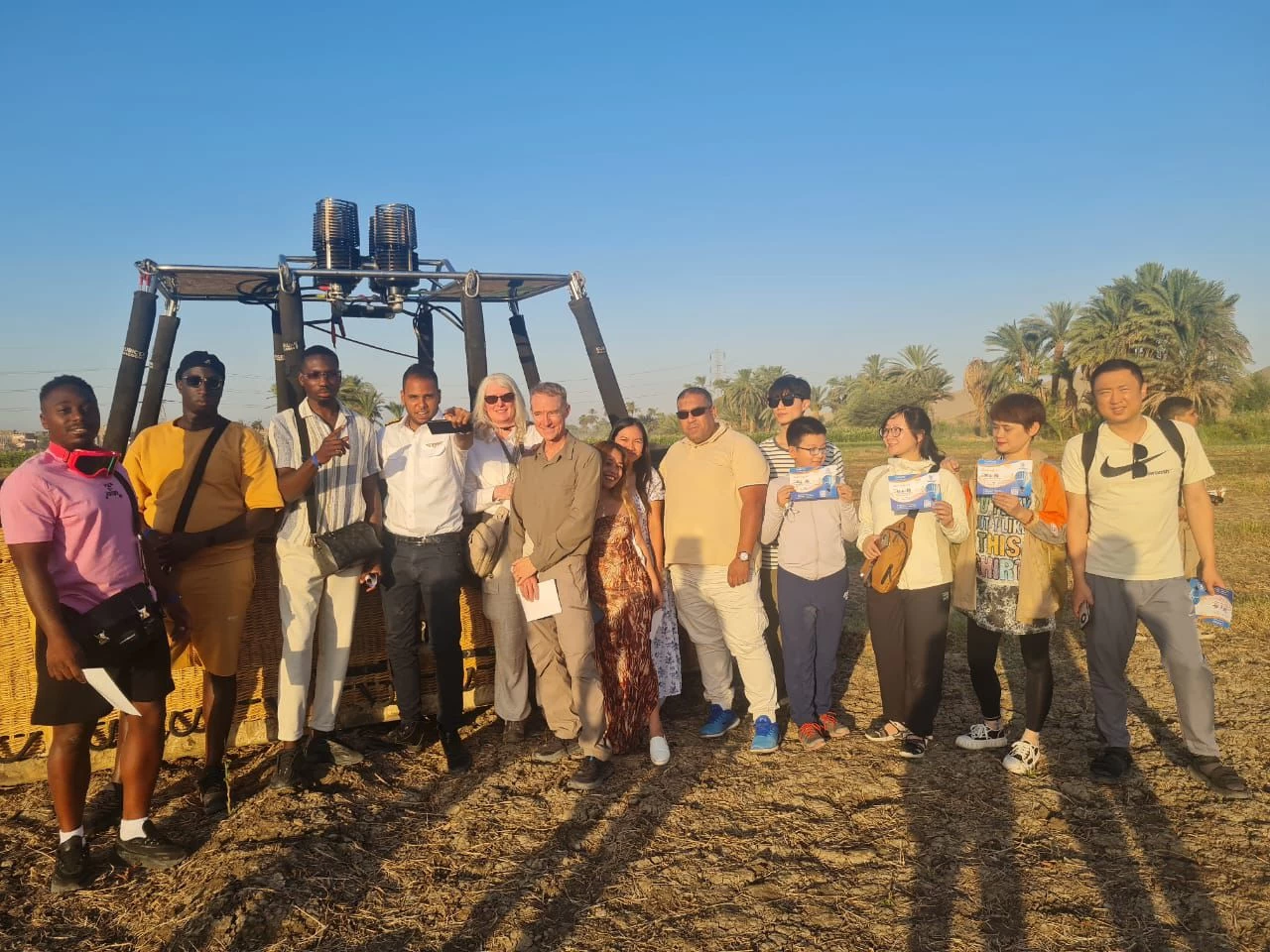
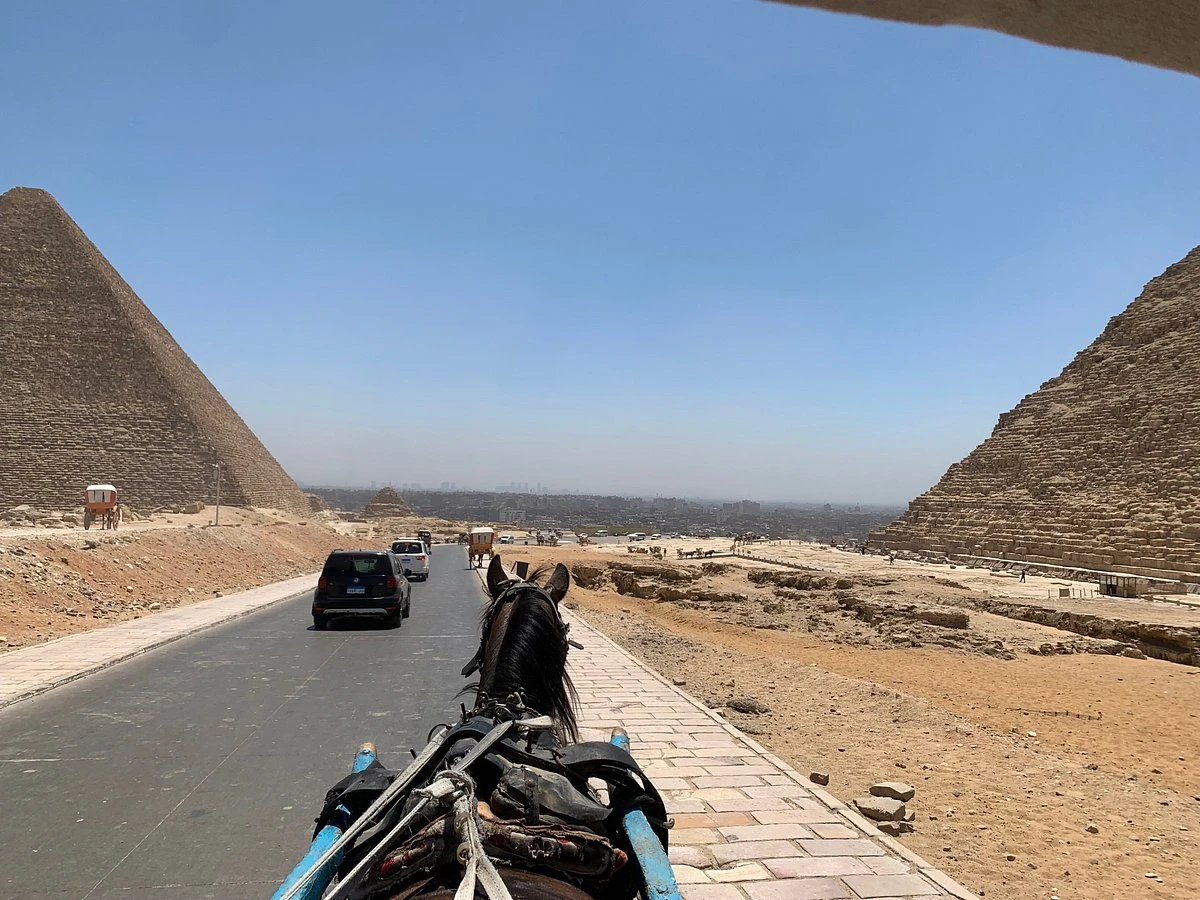
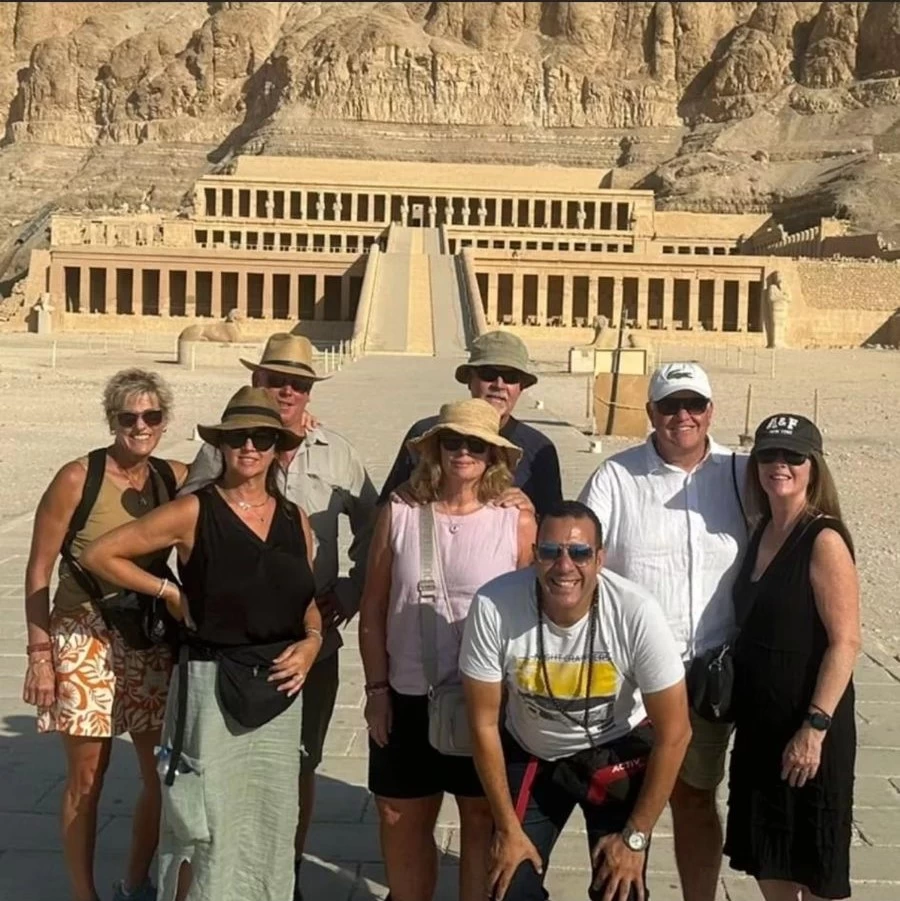
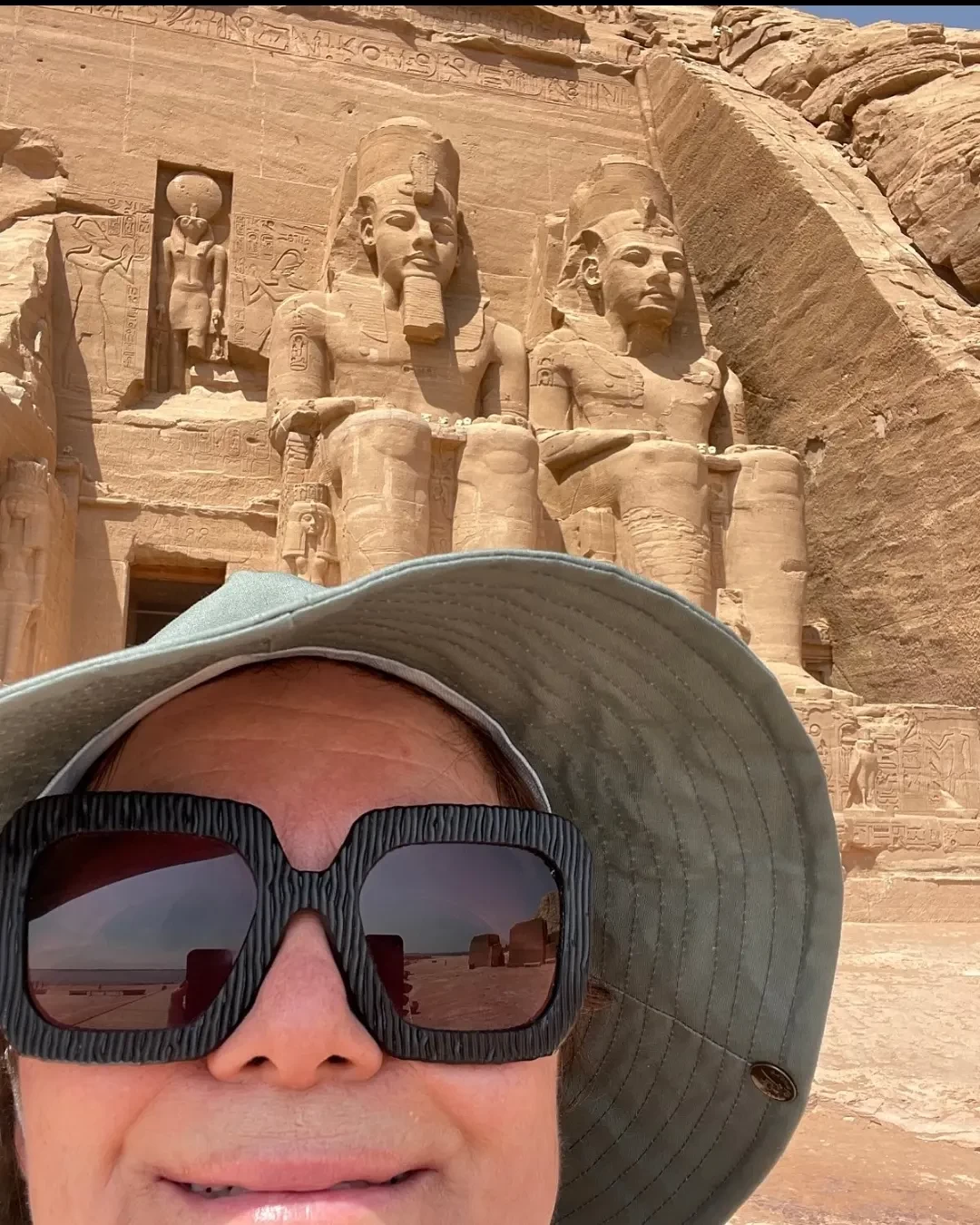
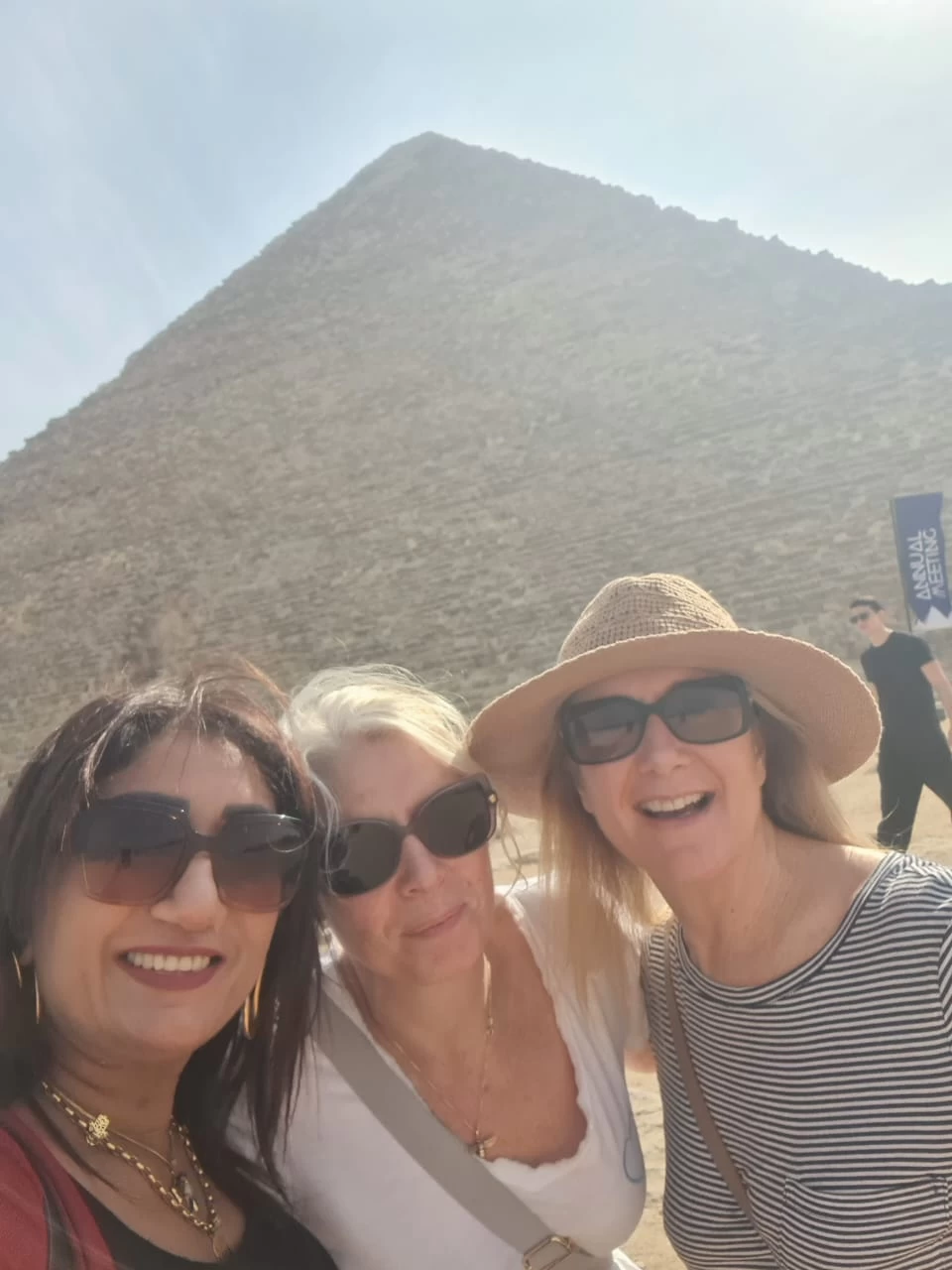
-webp.webp)

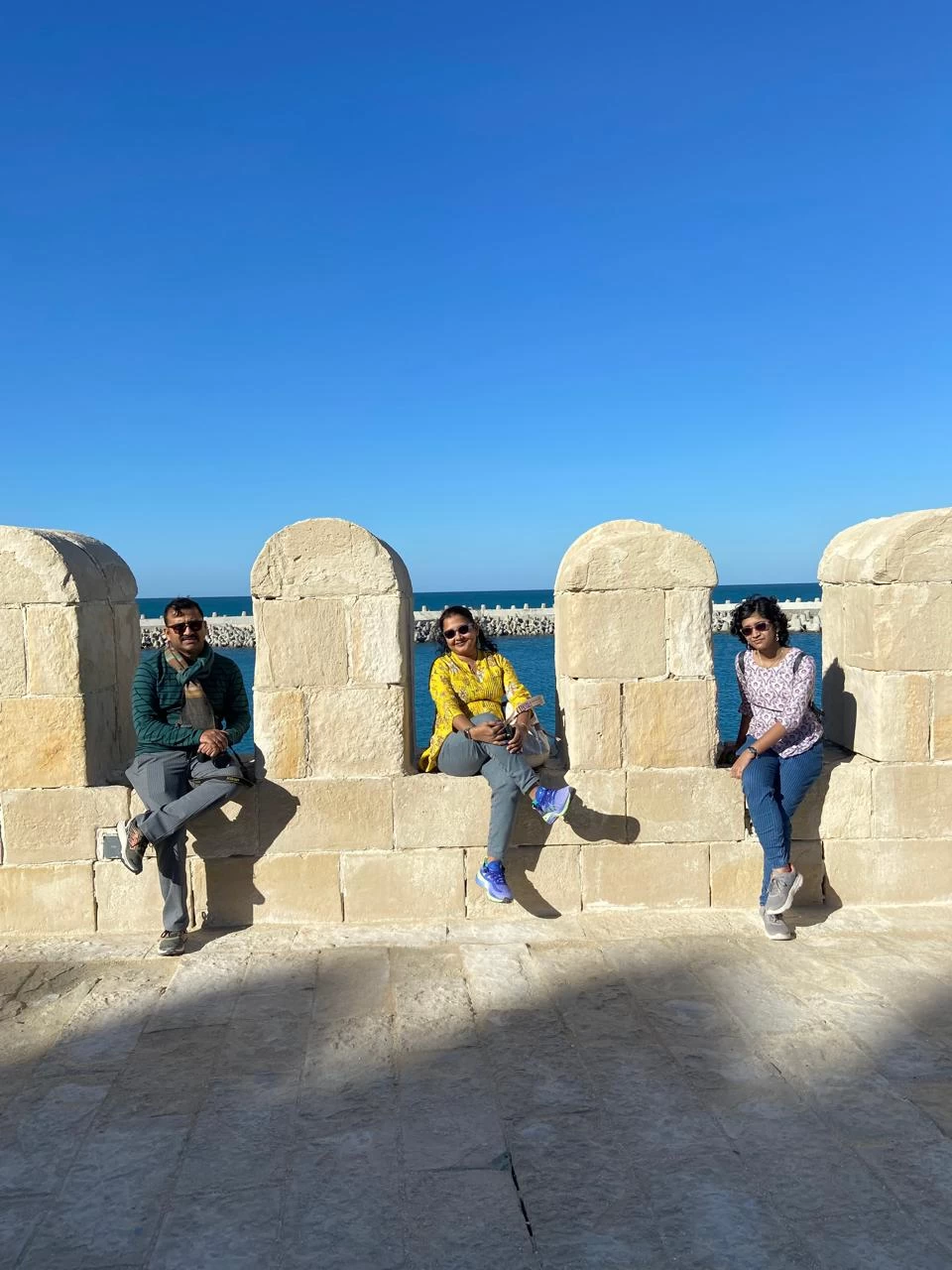
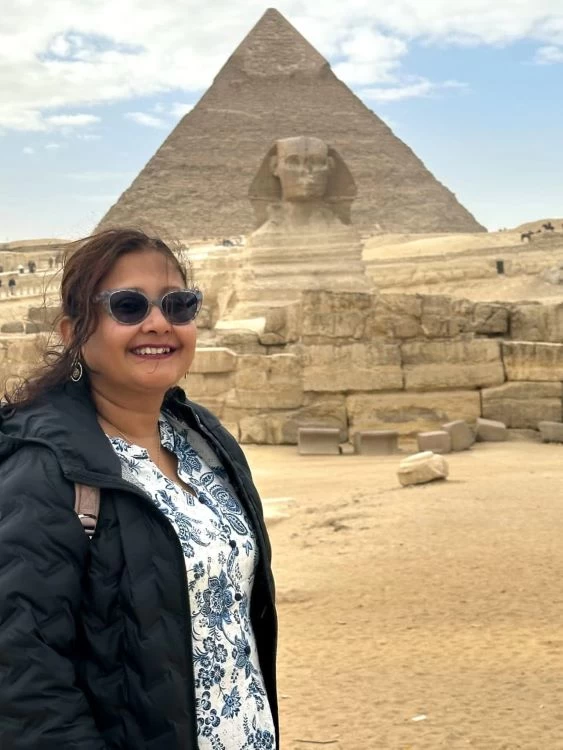
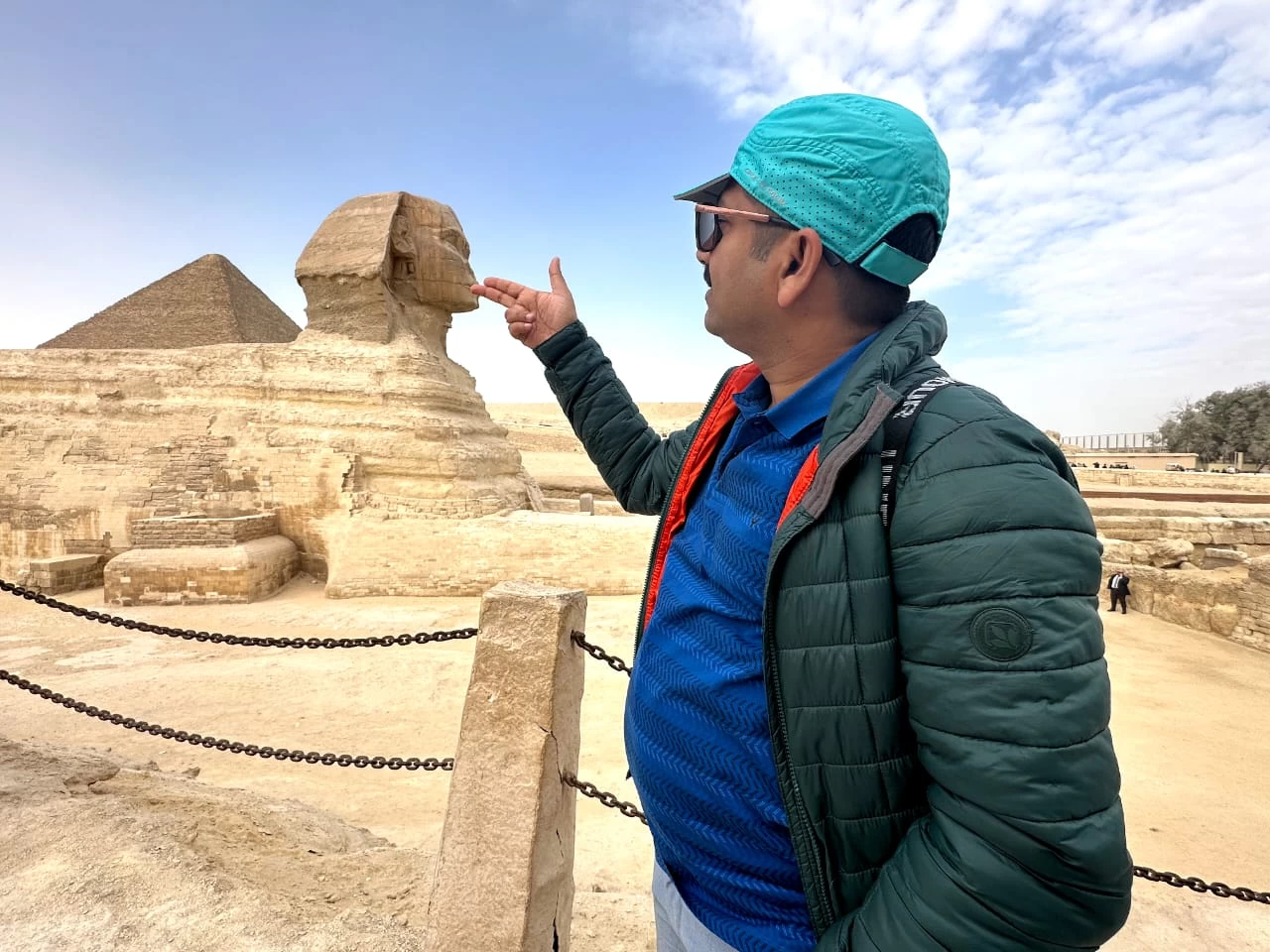
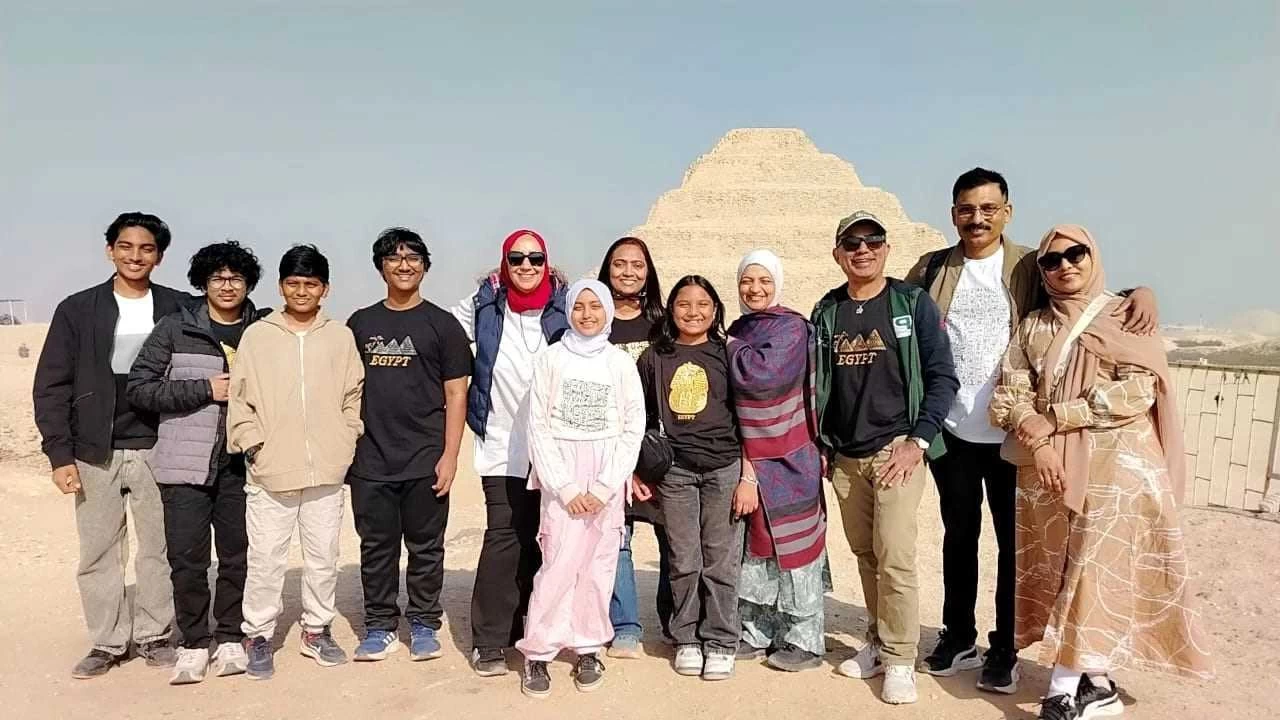
-webp.webp)
-webp.webp)
-webp.webp)
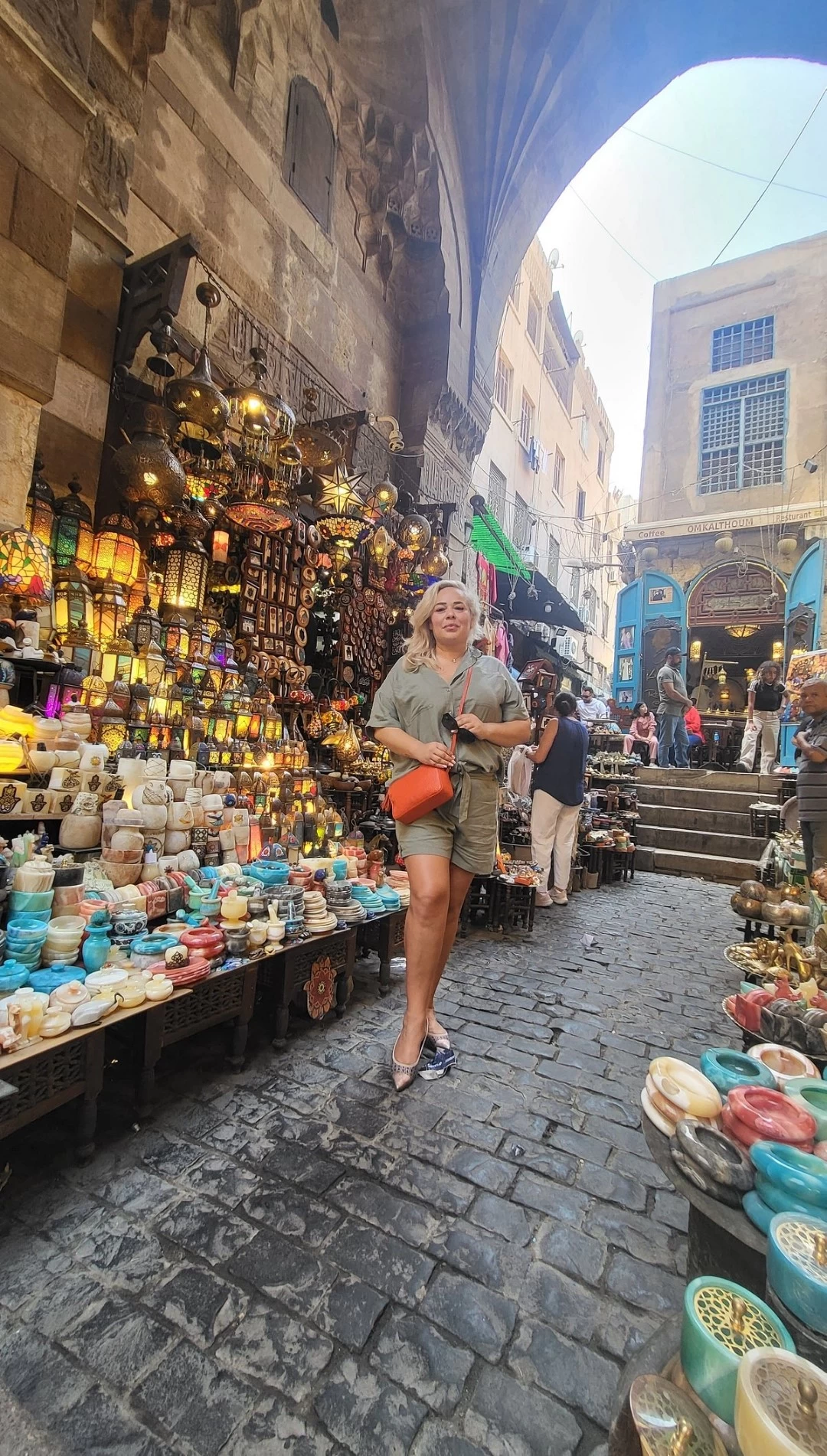
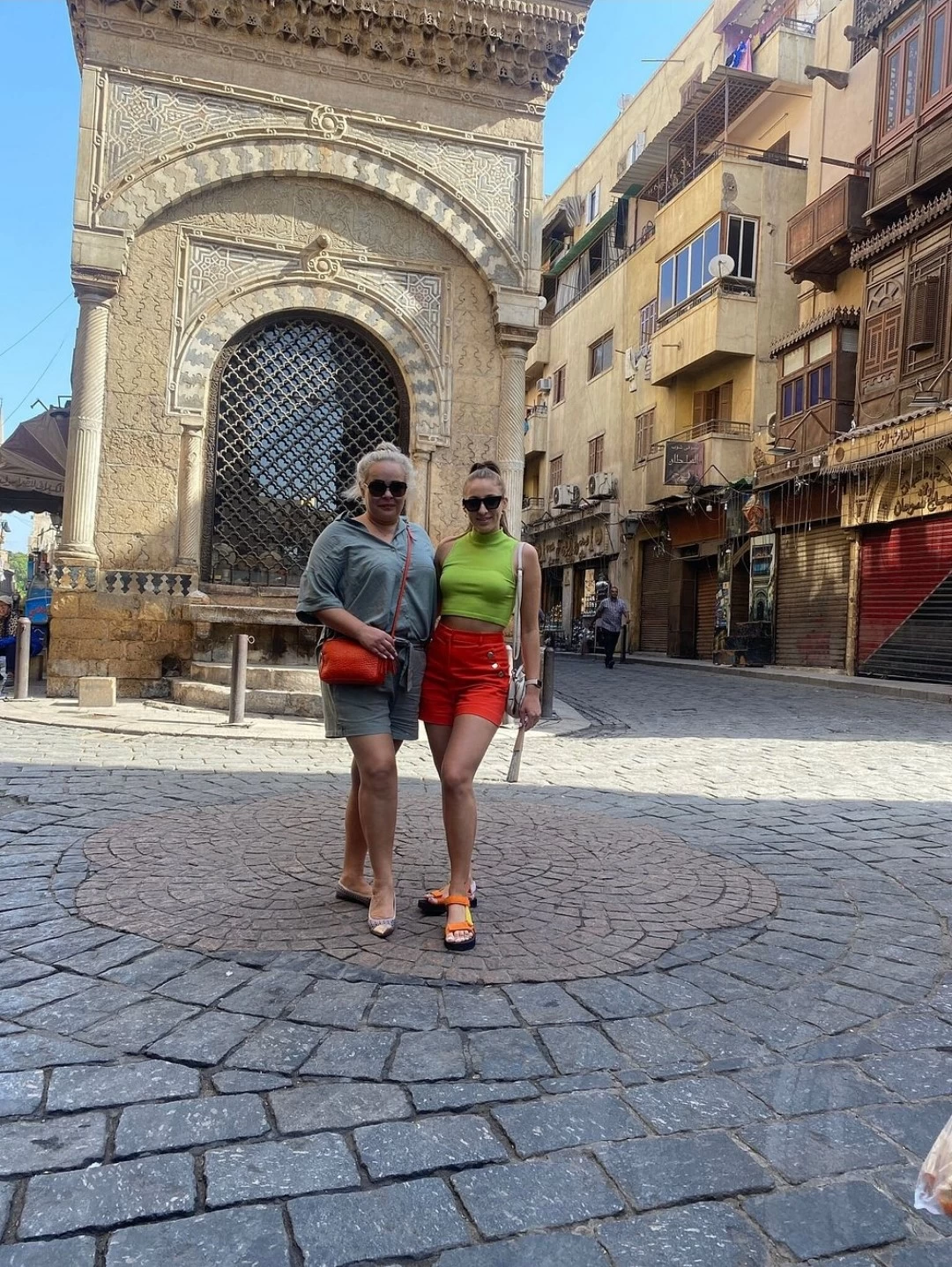

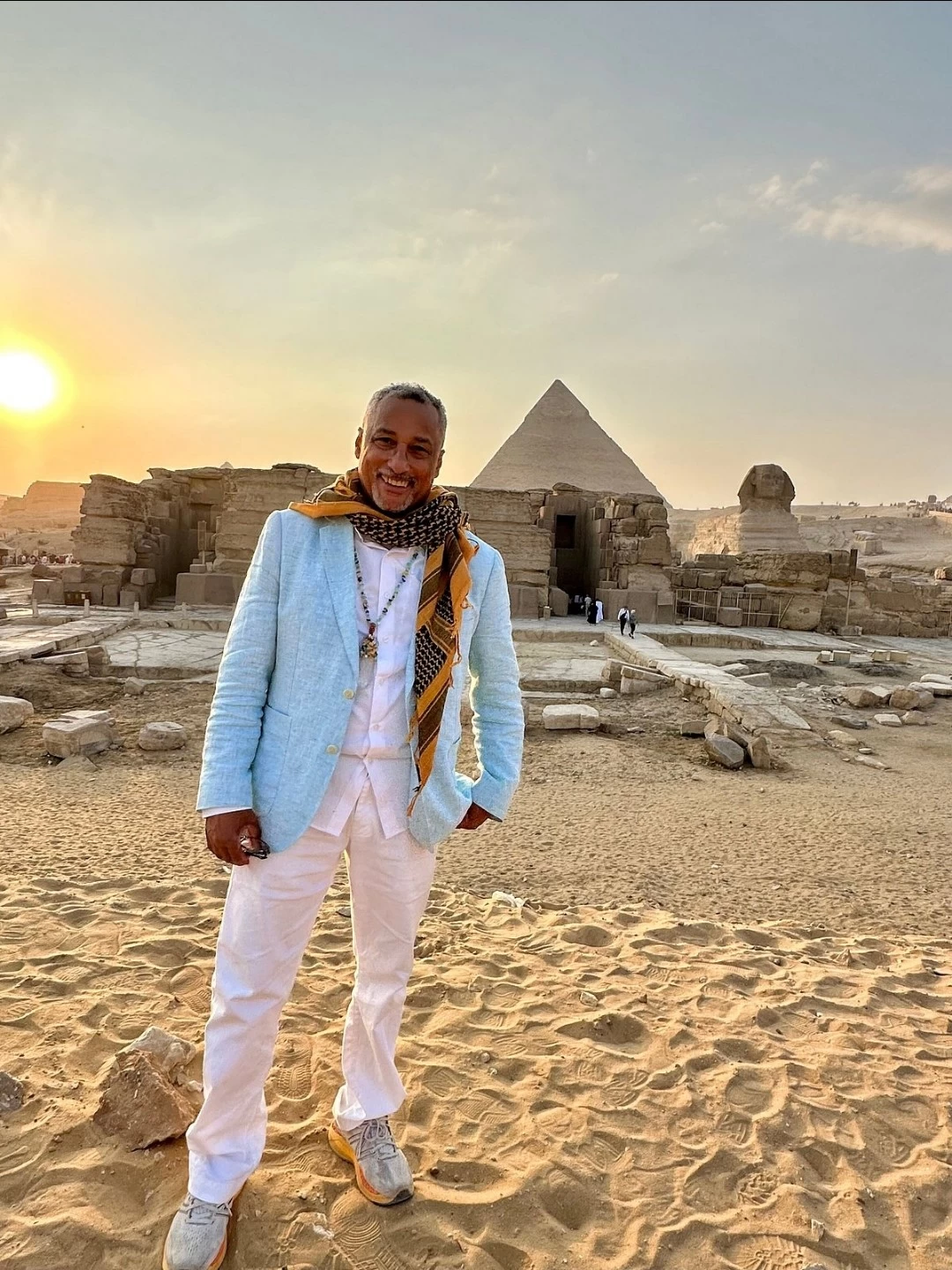
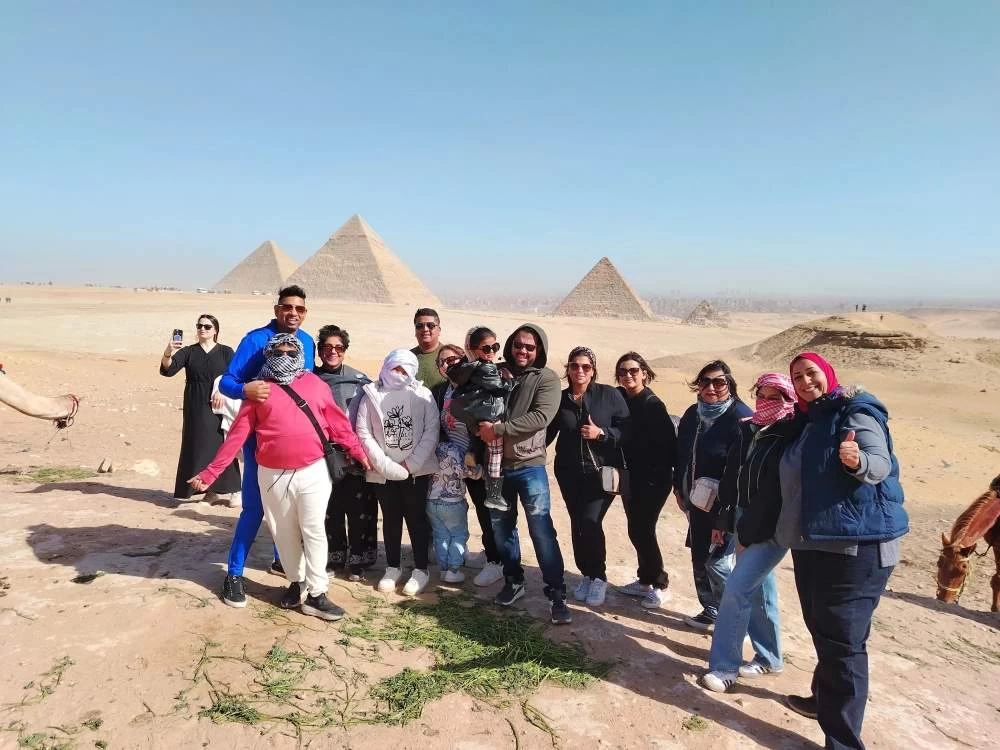
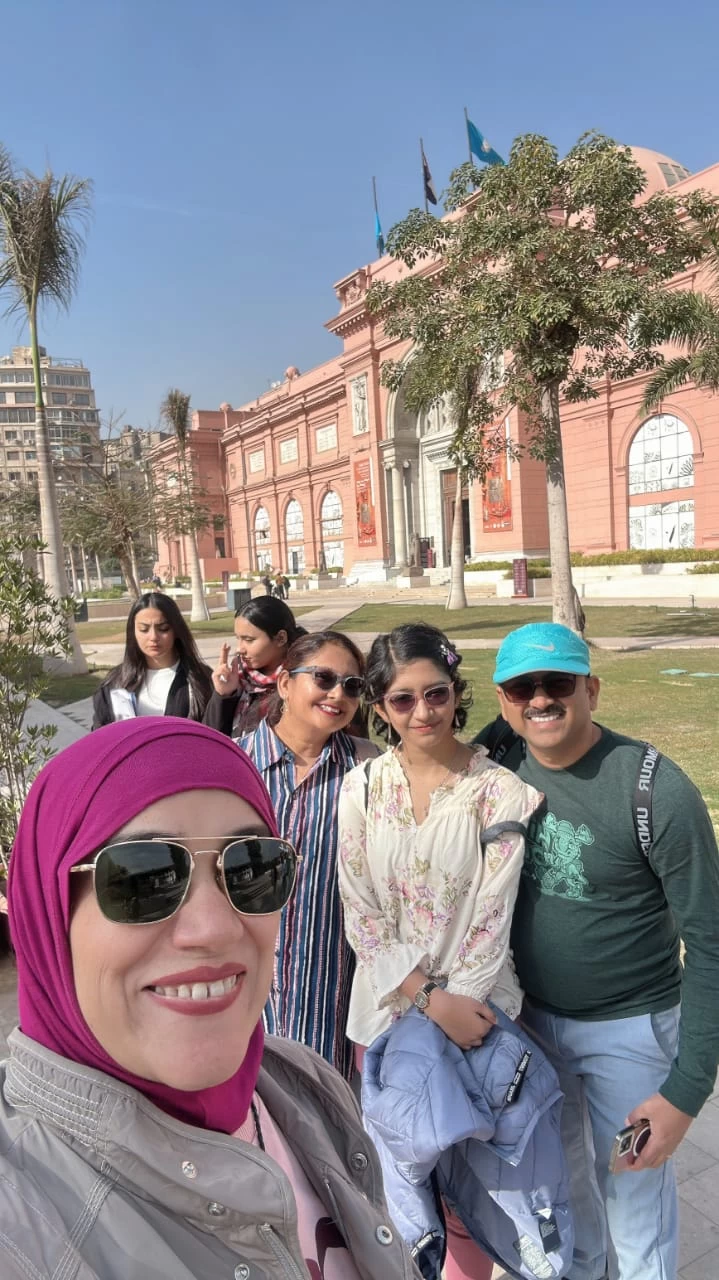
-webp.webp)
-webp.webp)
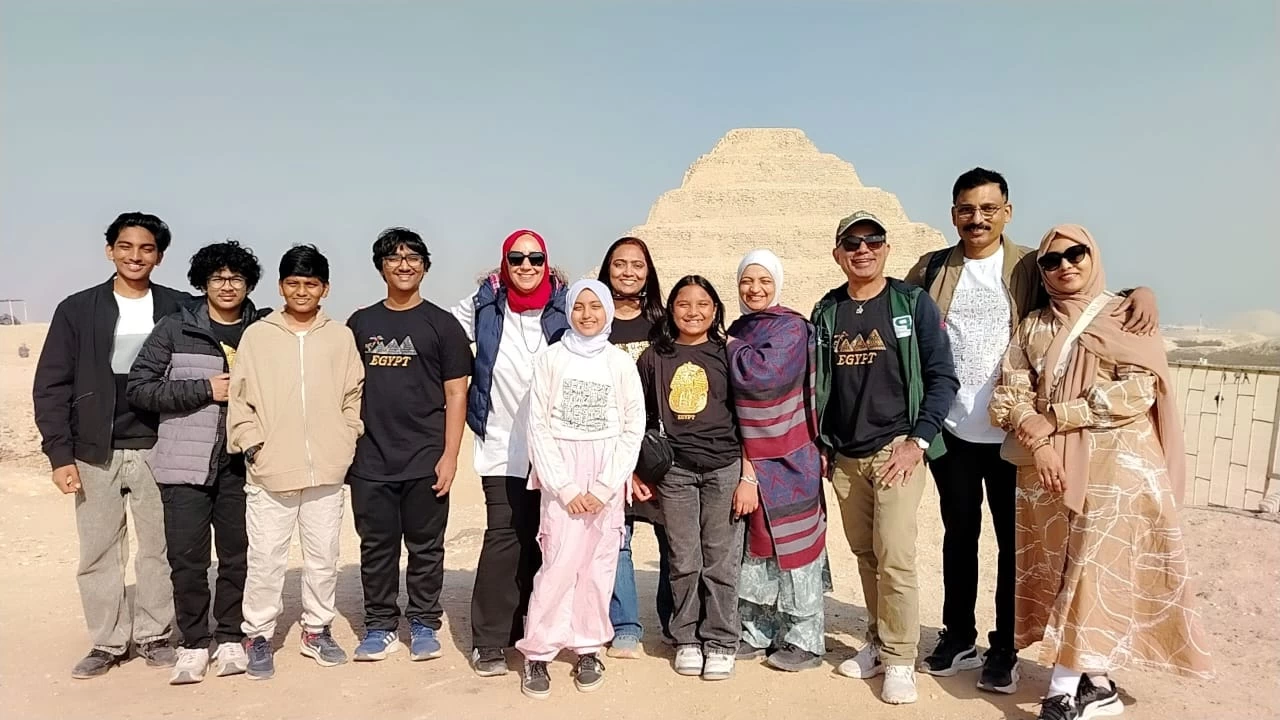
-webp.webp)
-webp.webp)
-webp.webp)
-webp.webp)
-webp.webp)
-webp.webp)
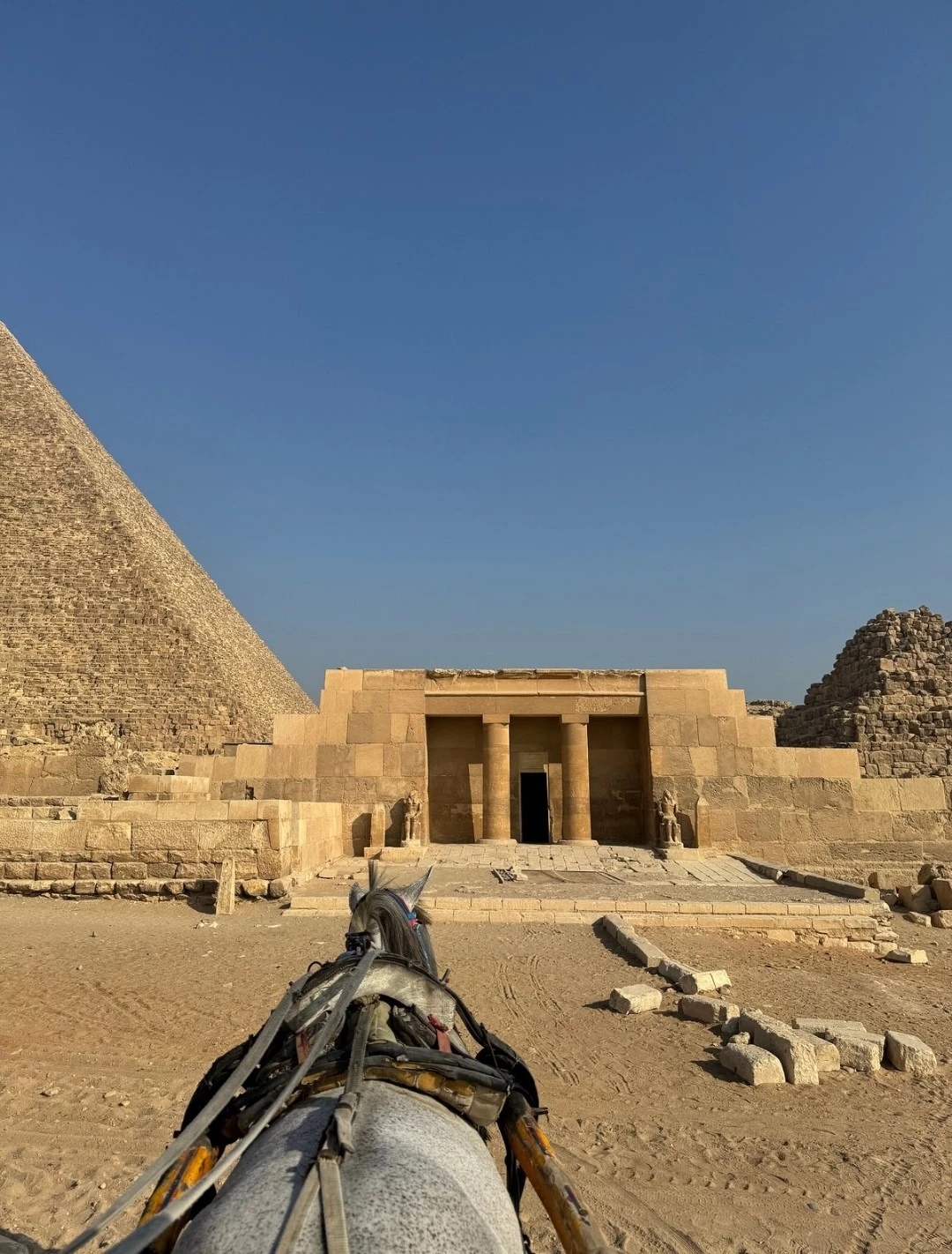
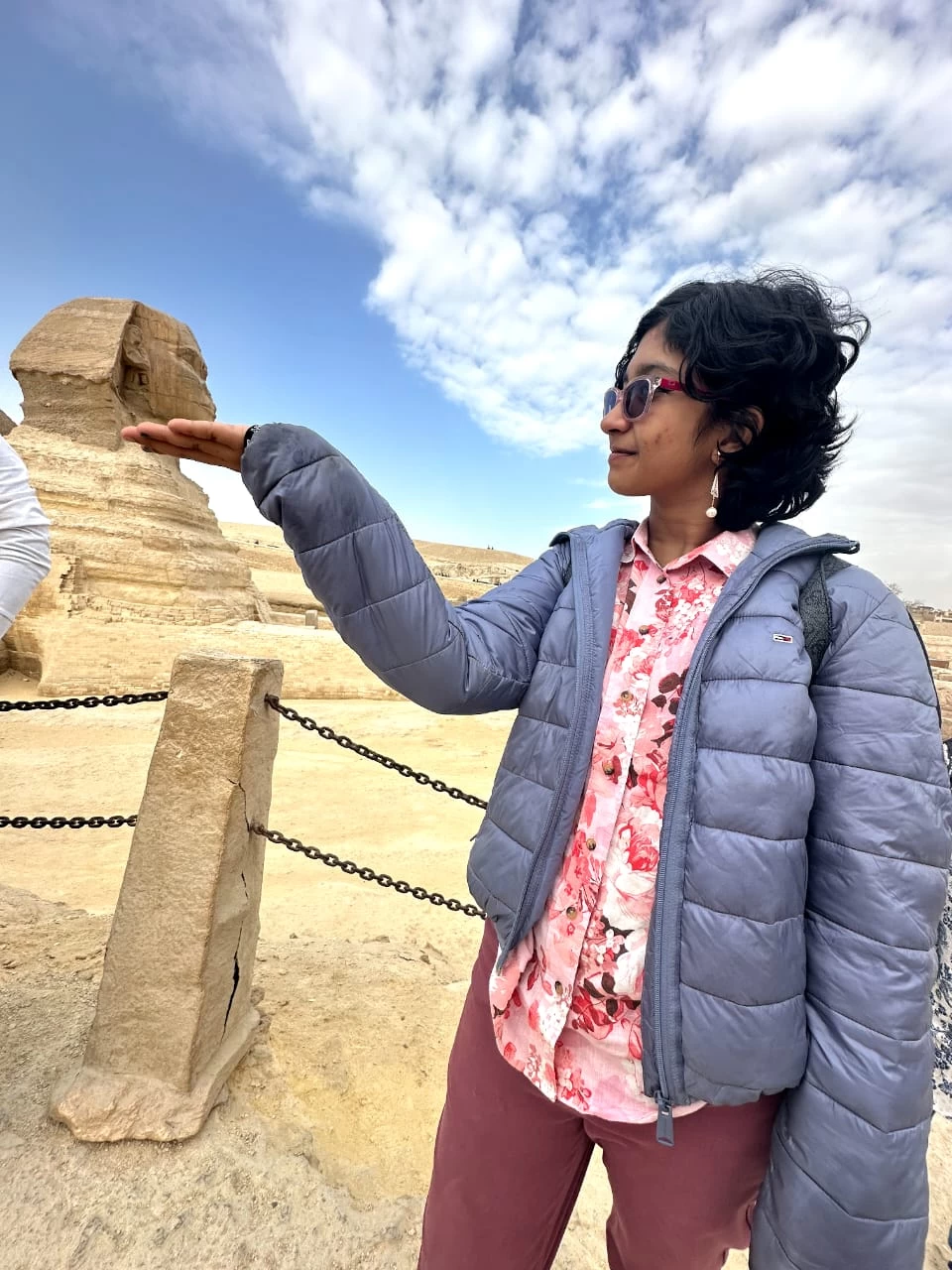
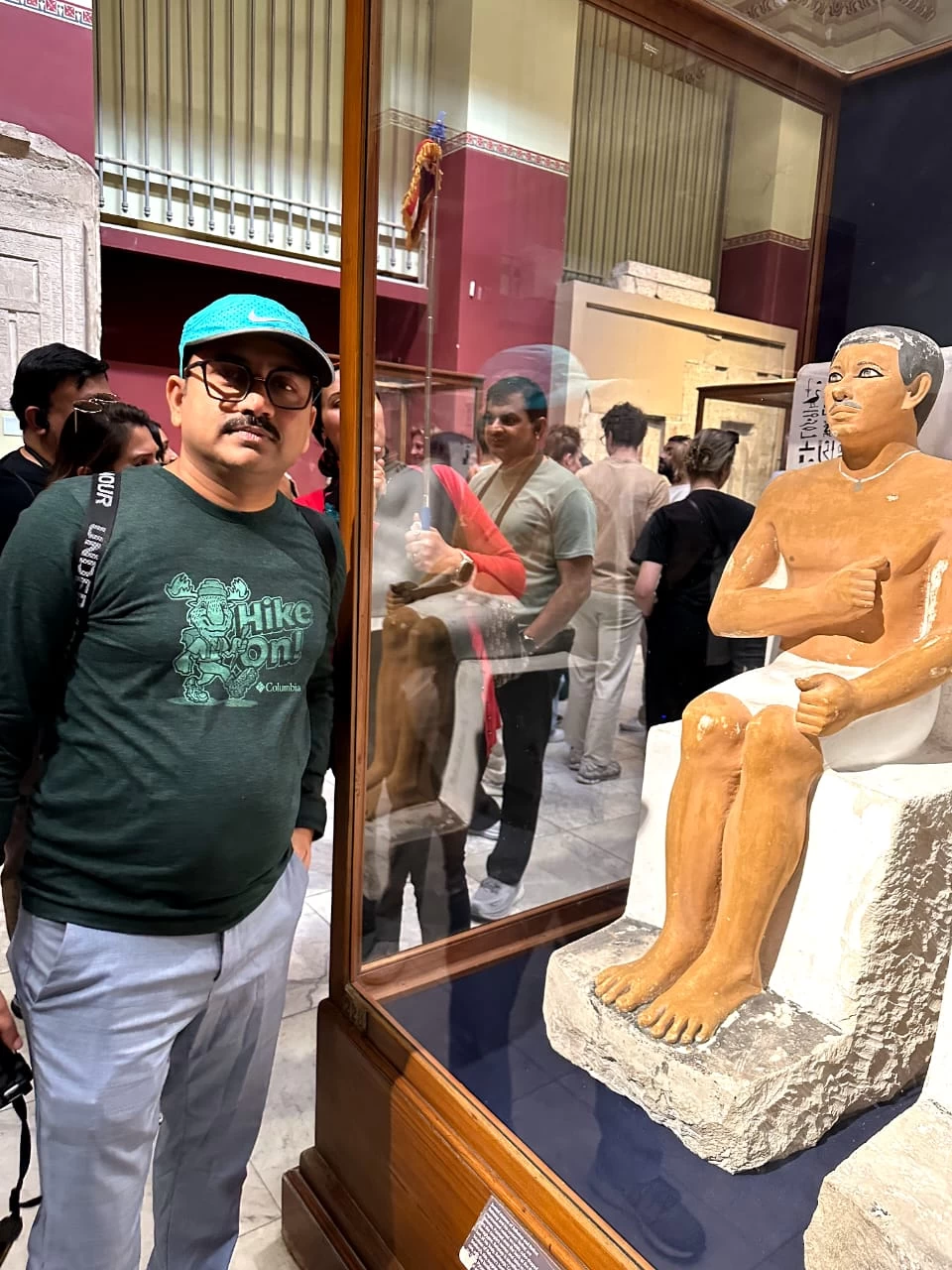
-webp.webp)
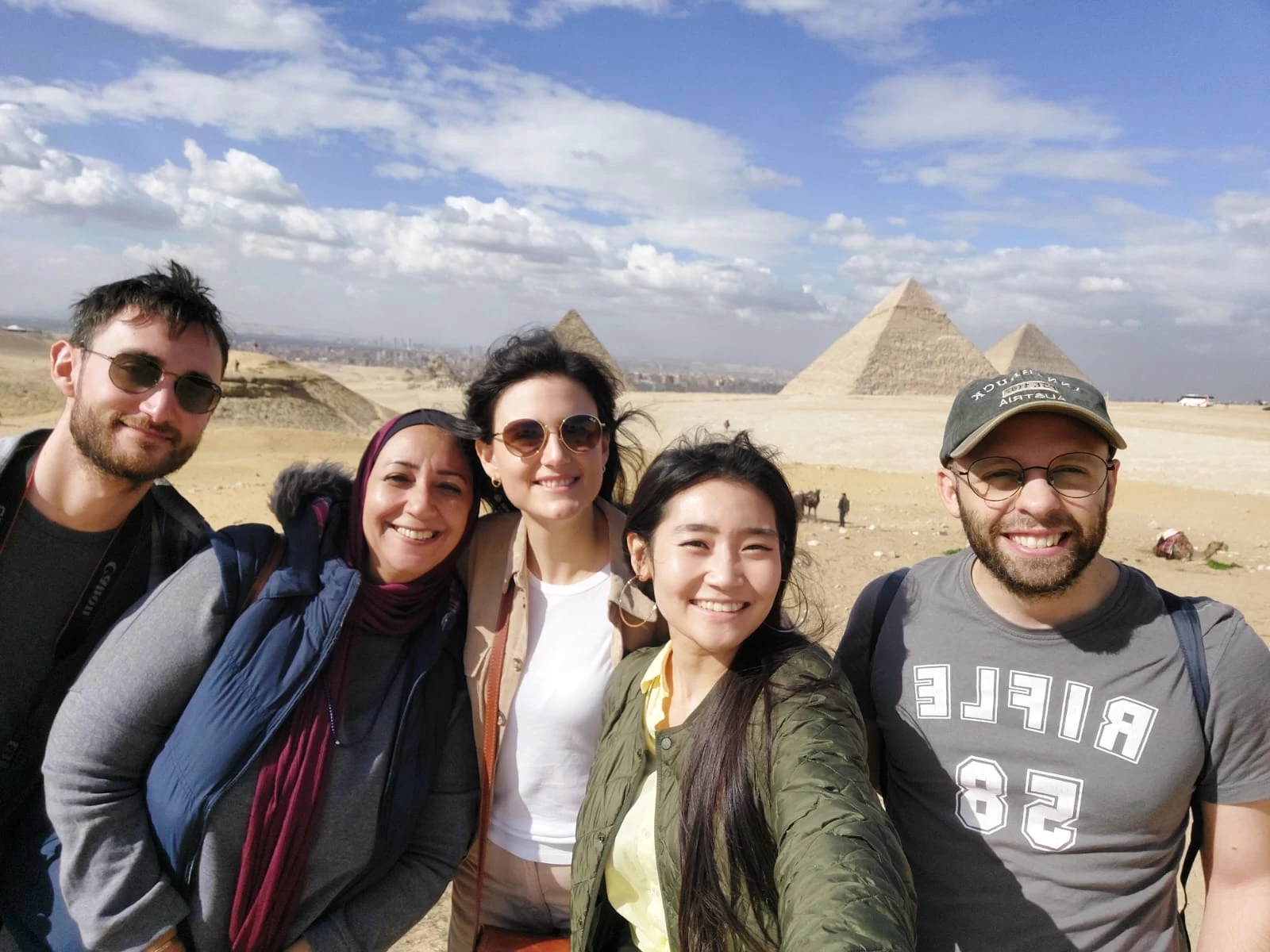
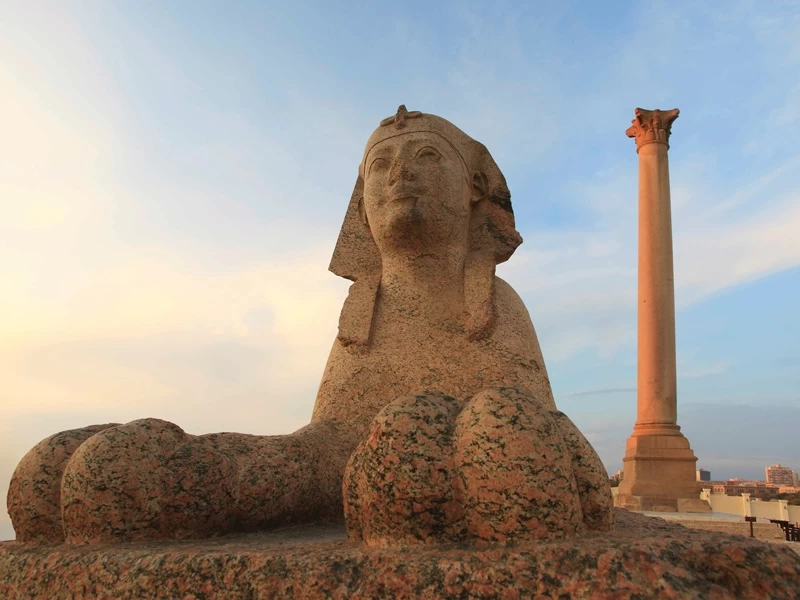
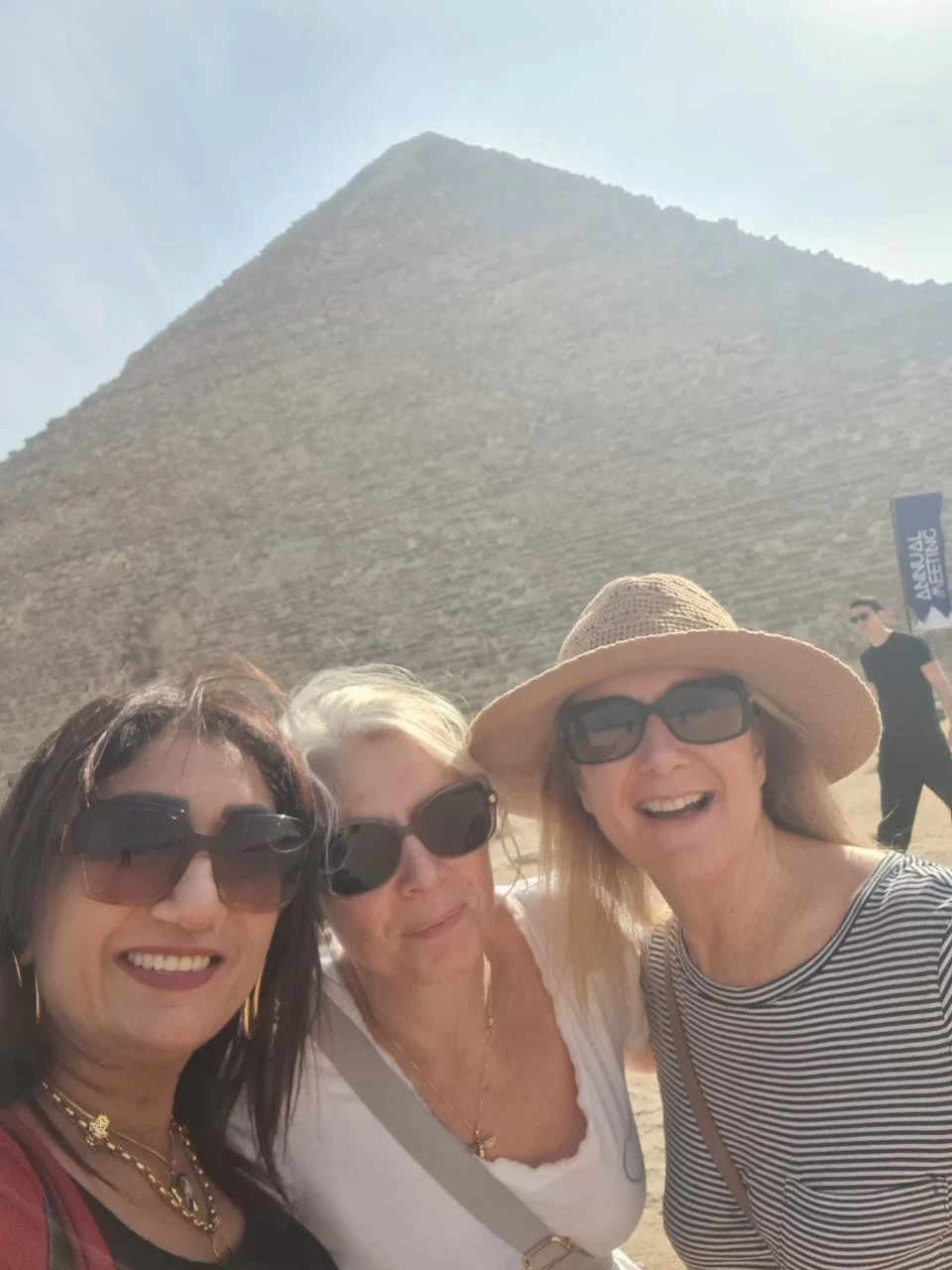


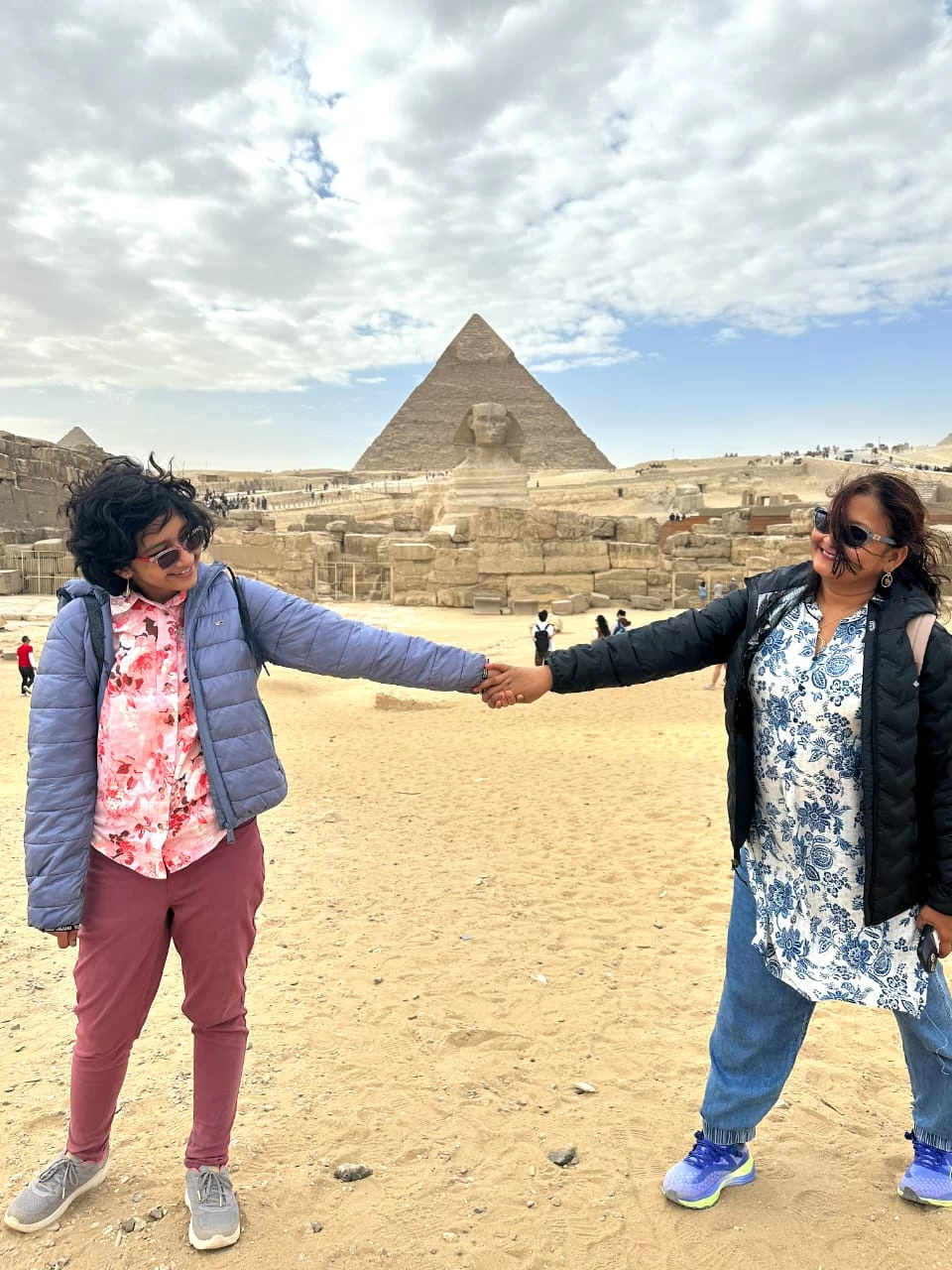
-webp.webp)
-webp.webp)







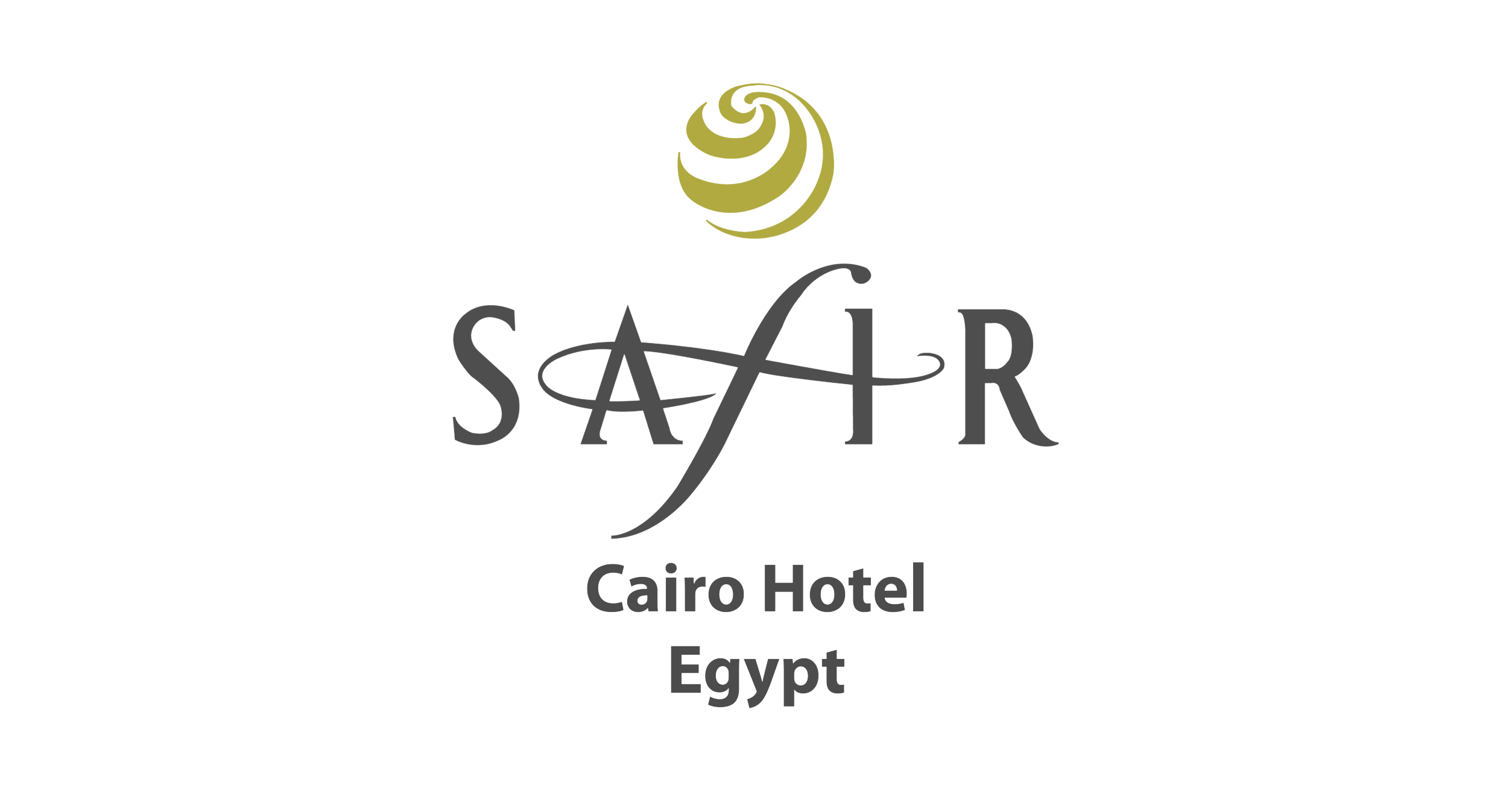


.png)

